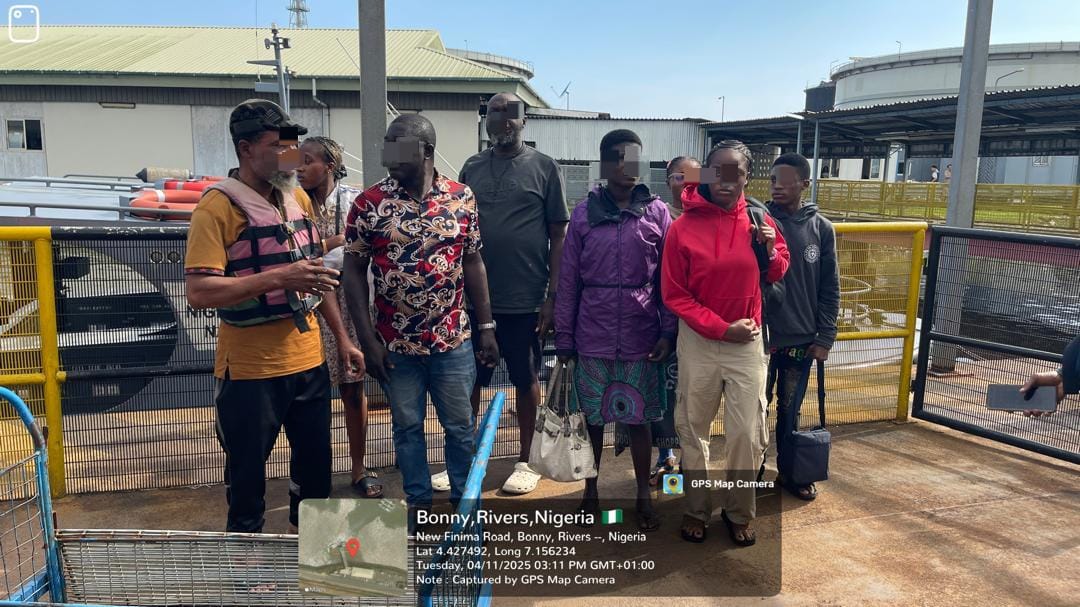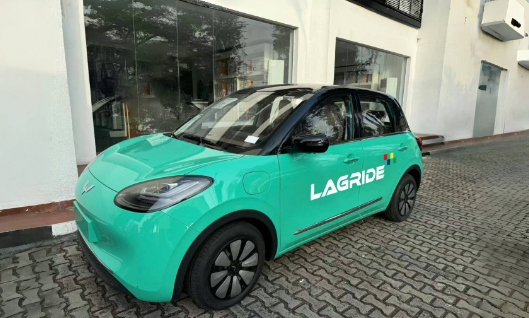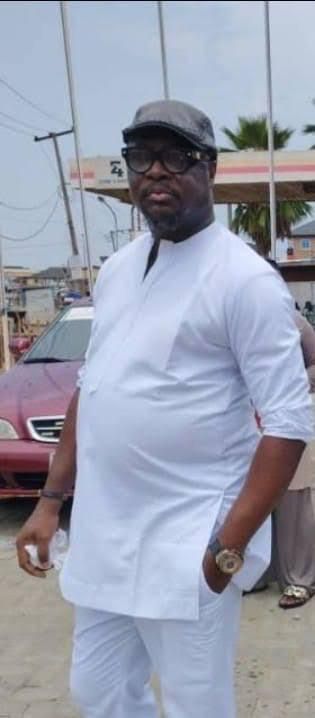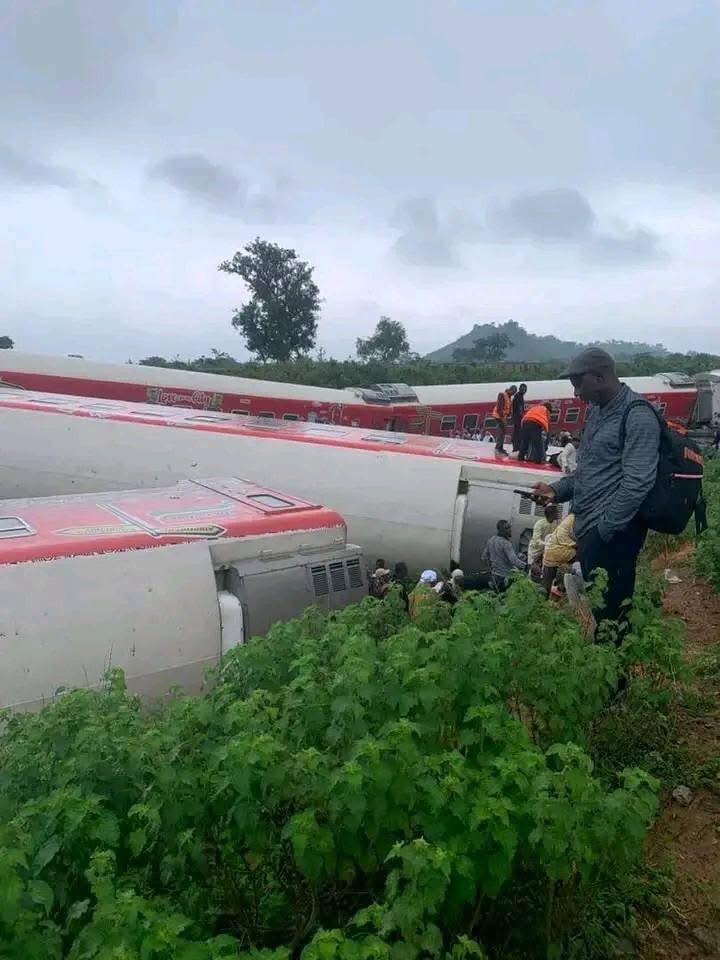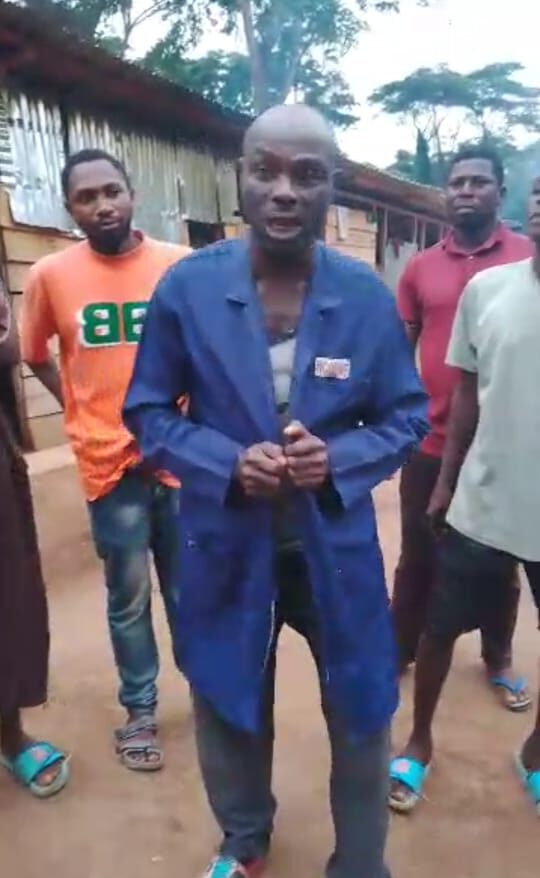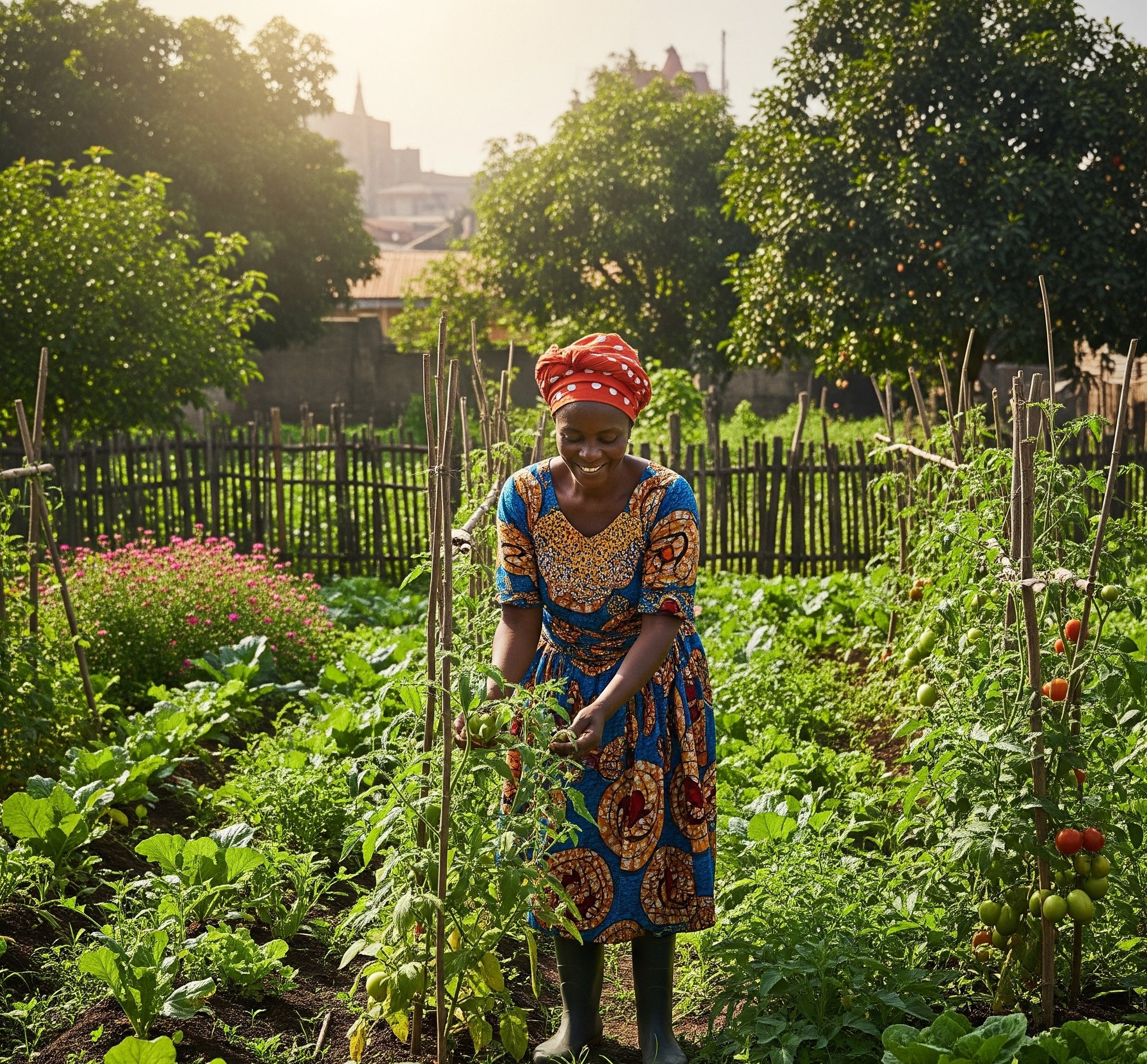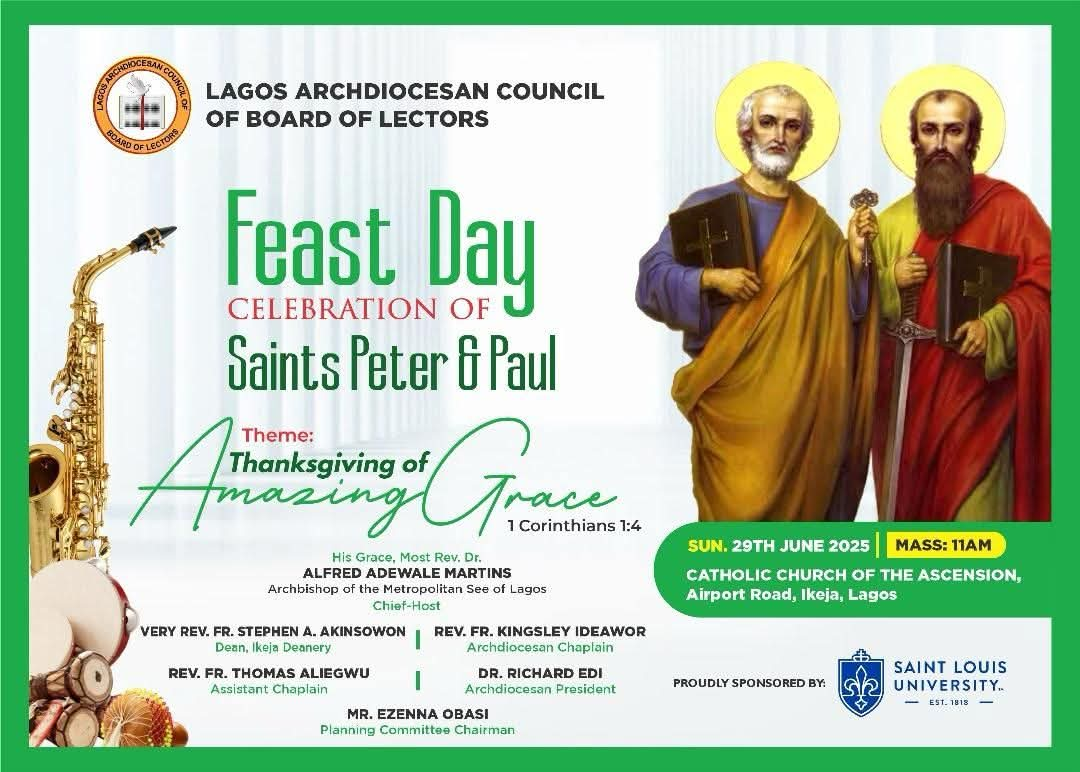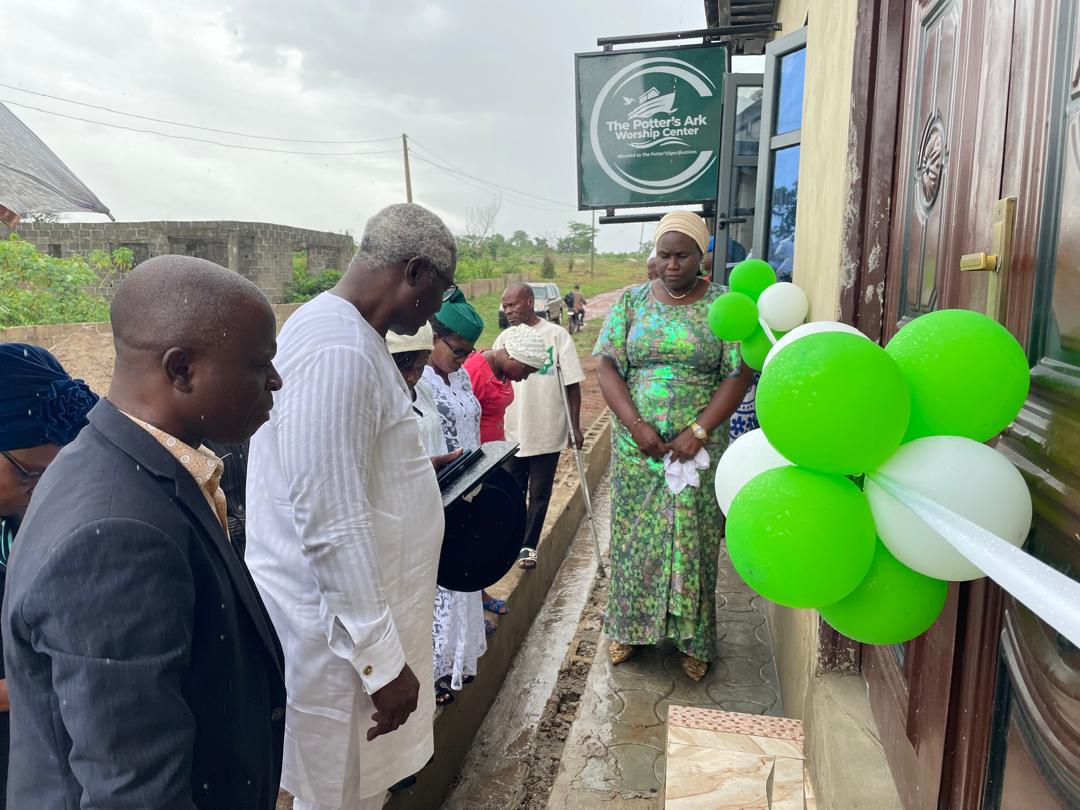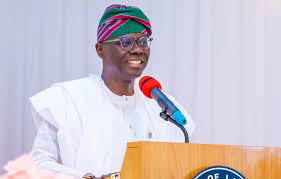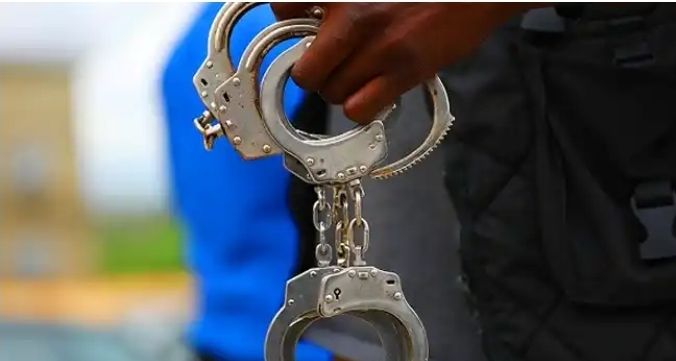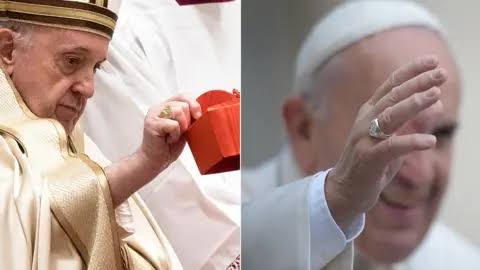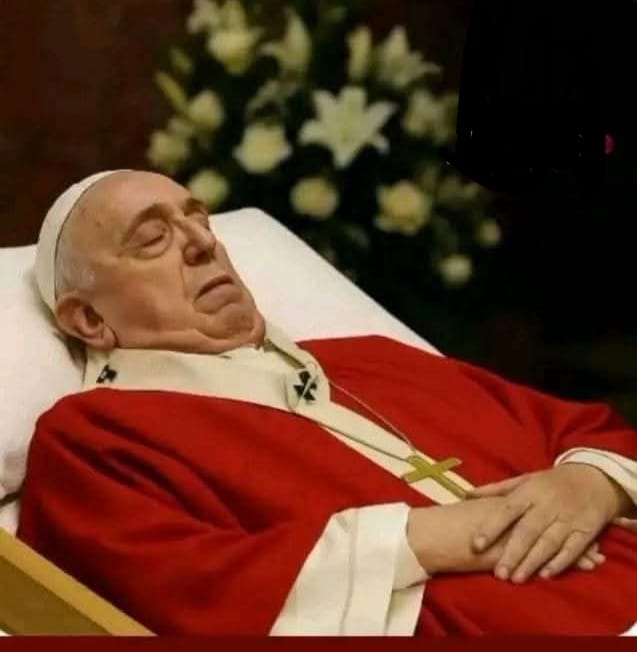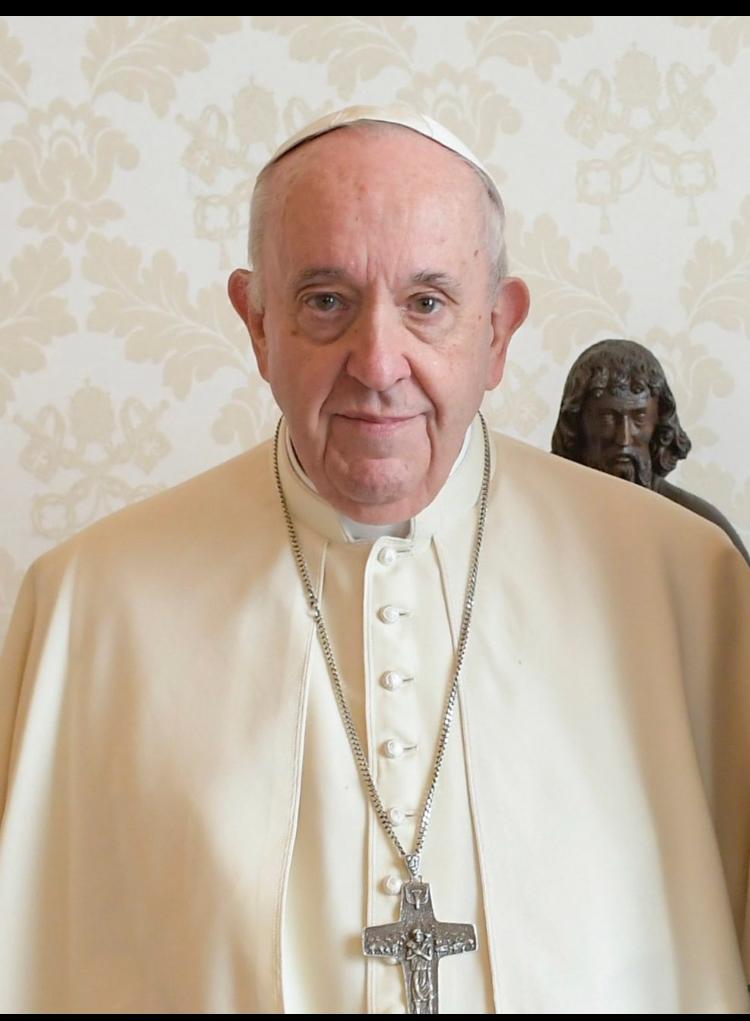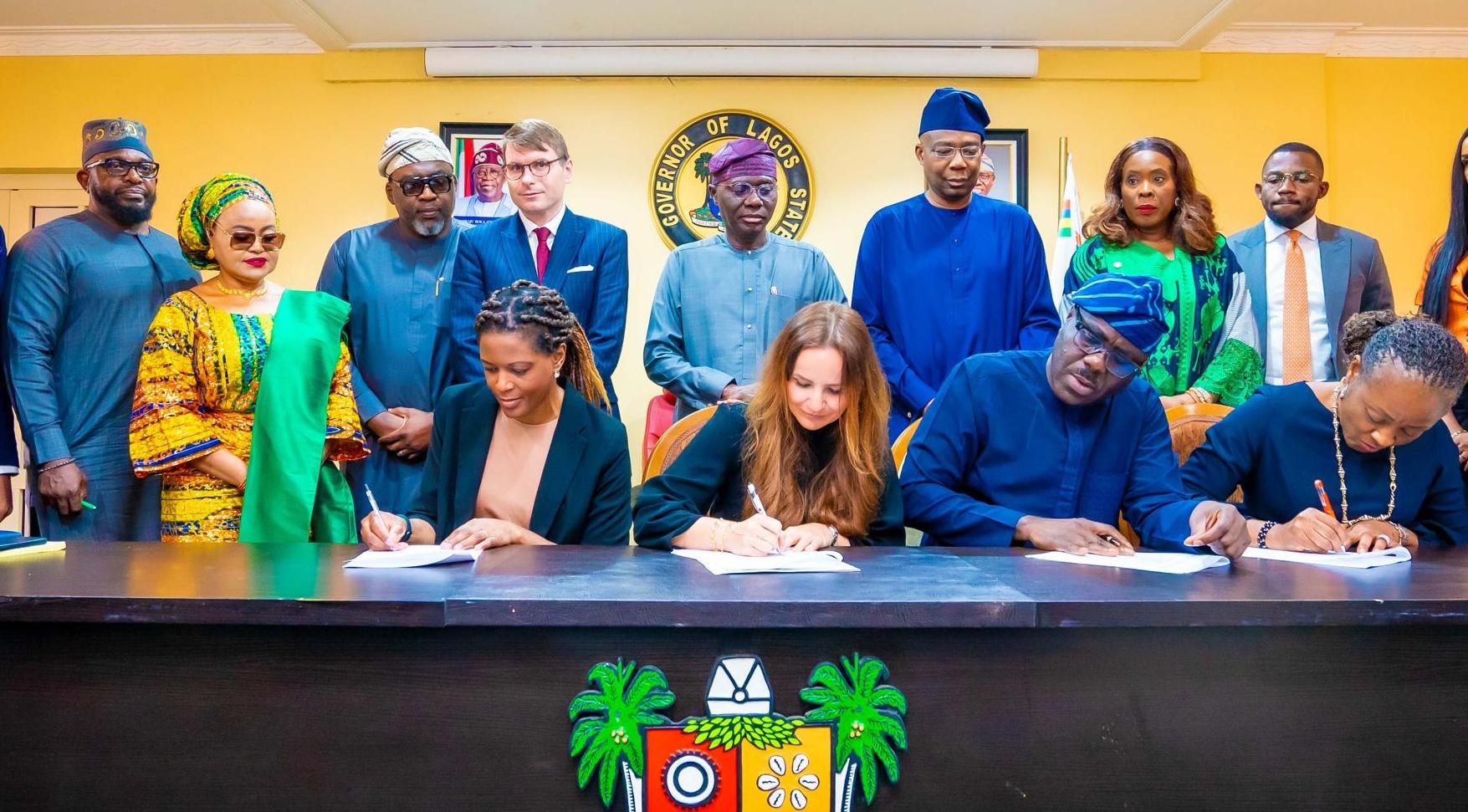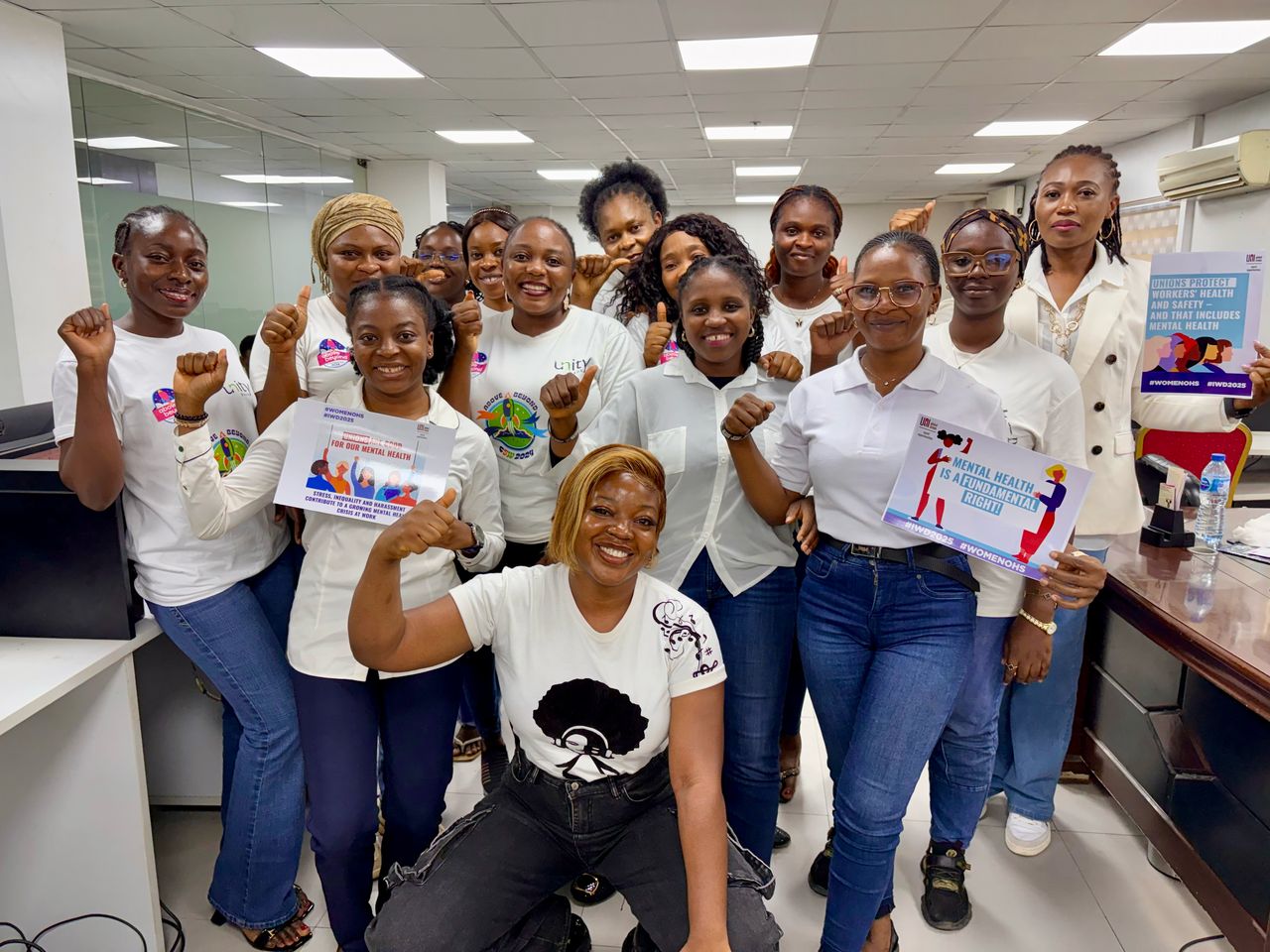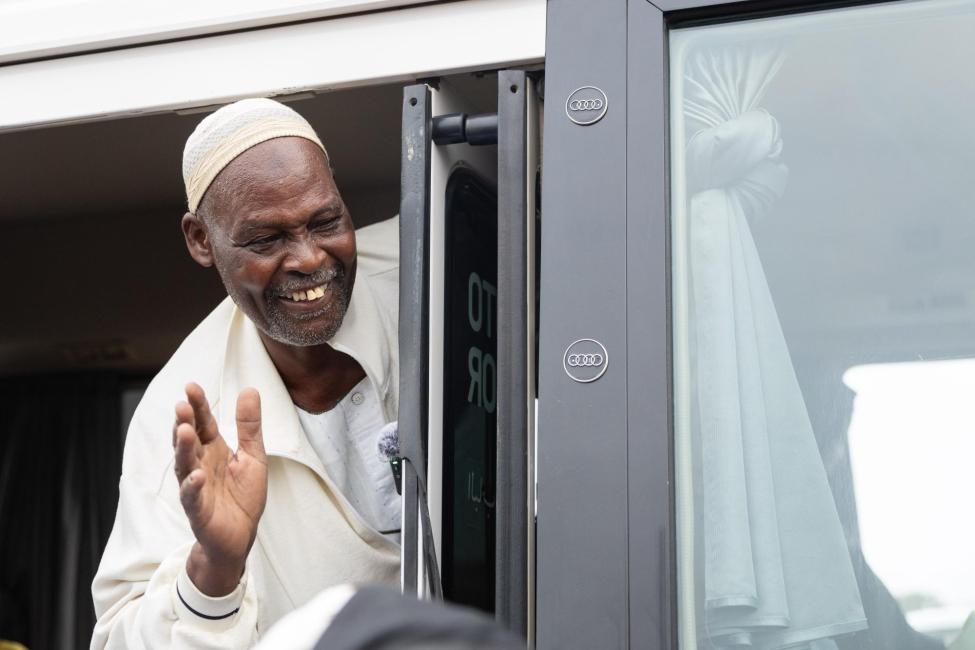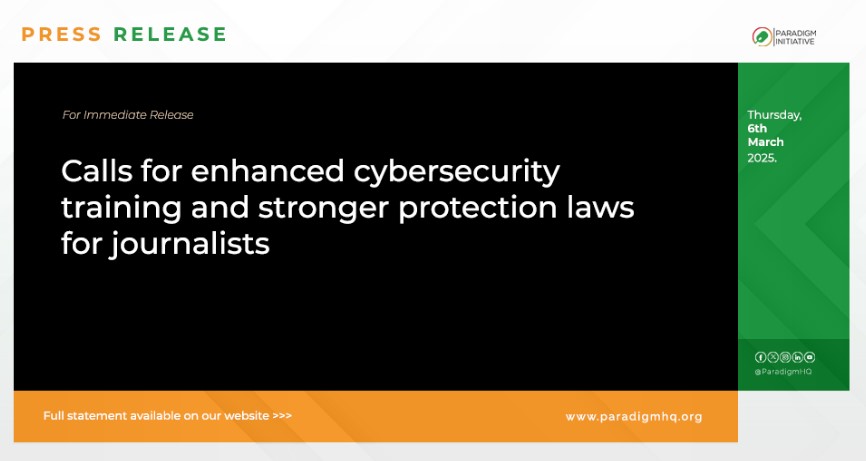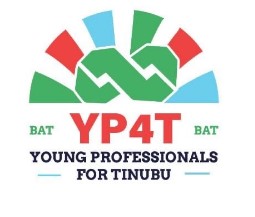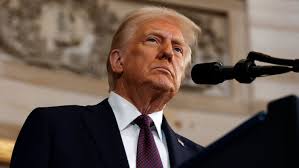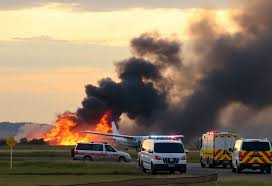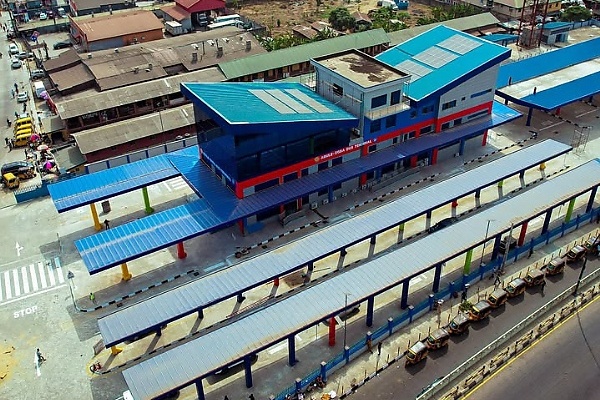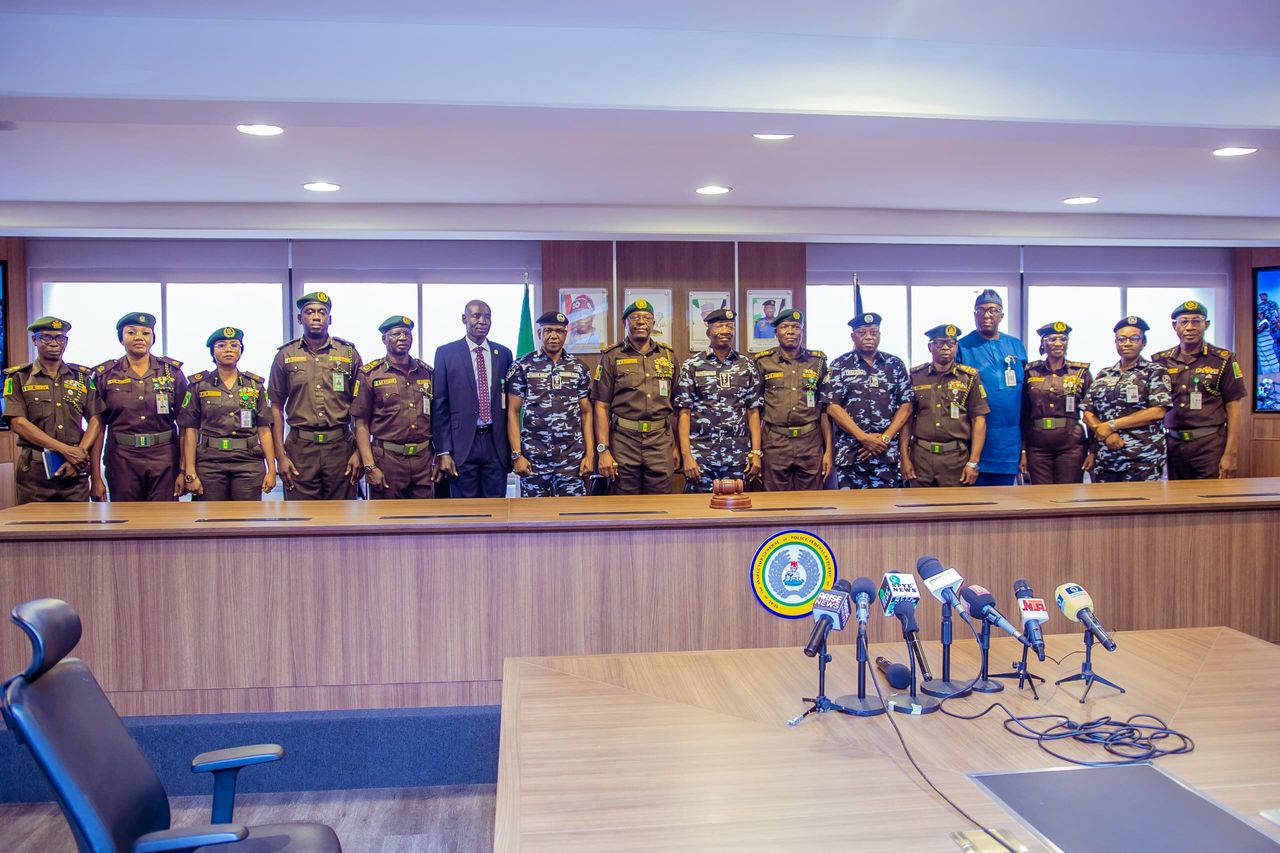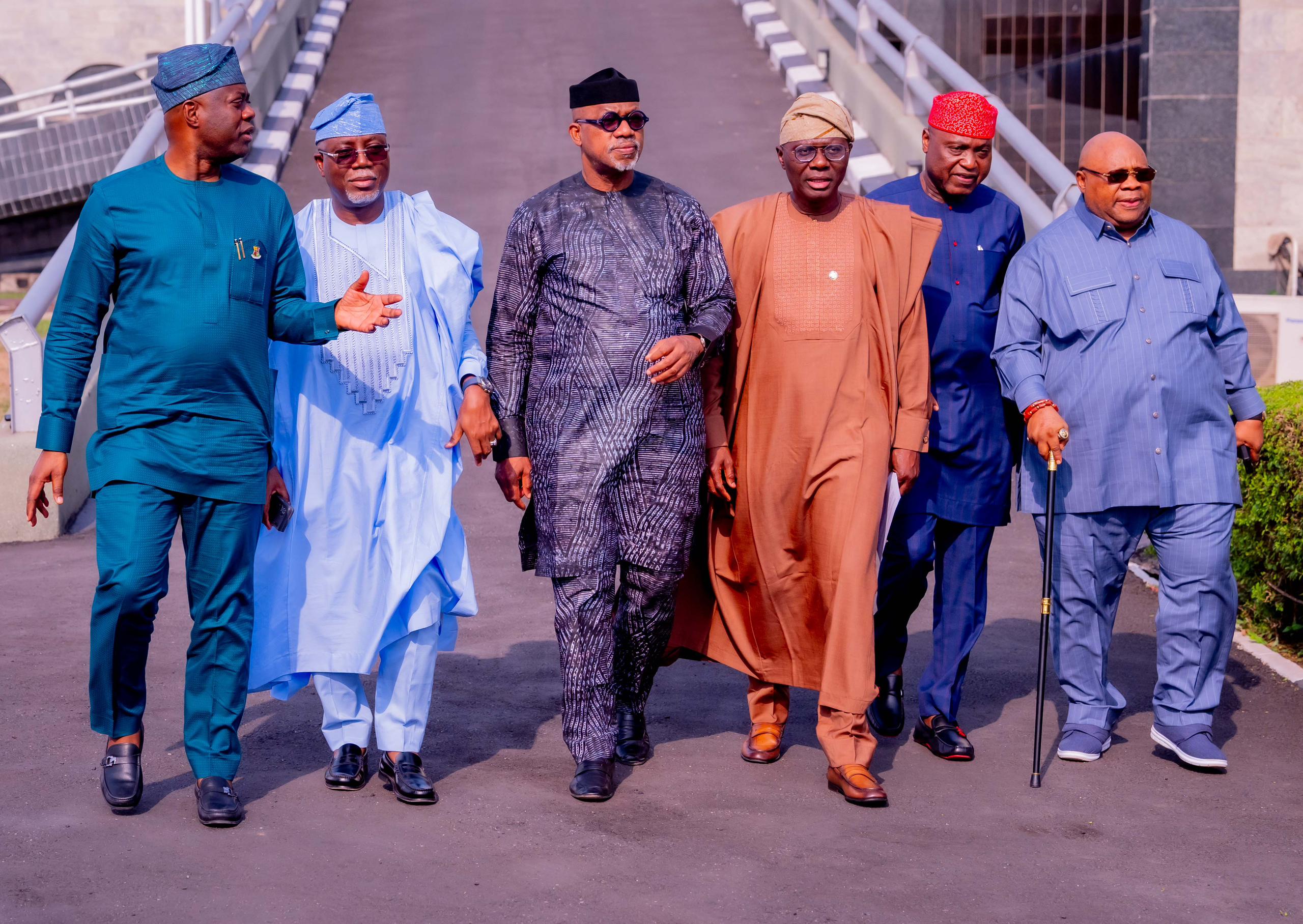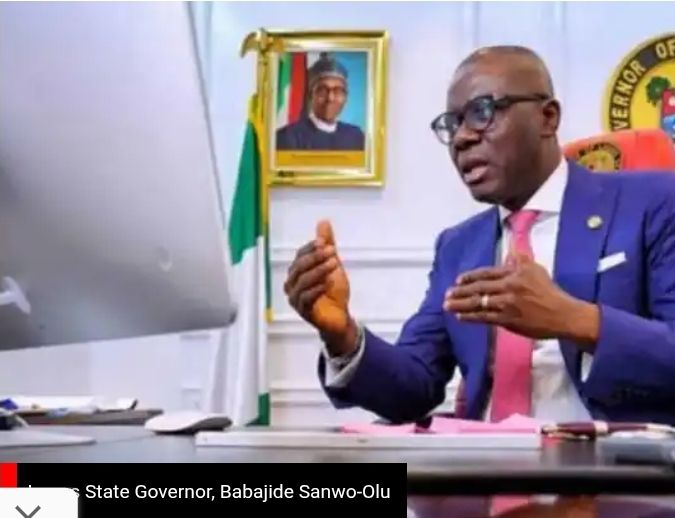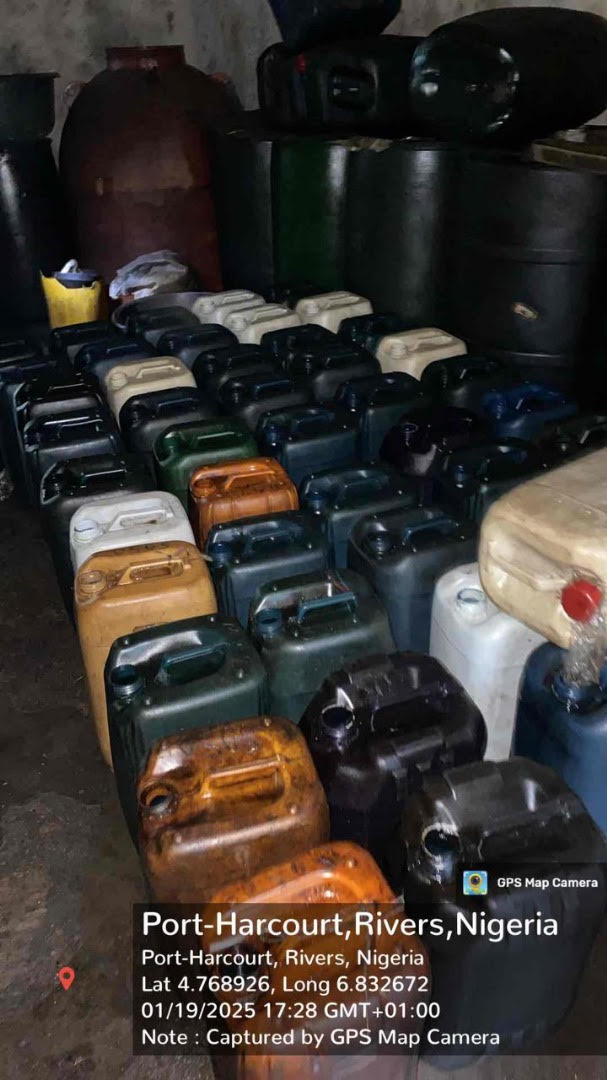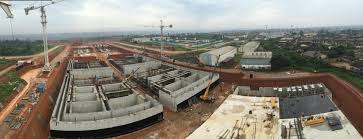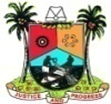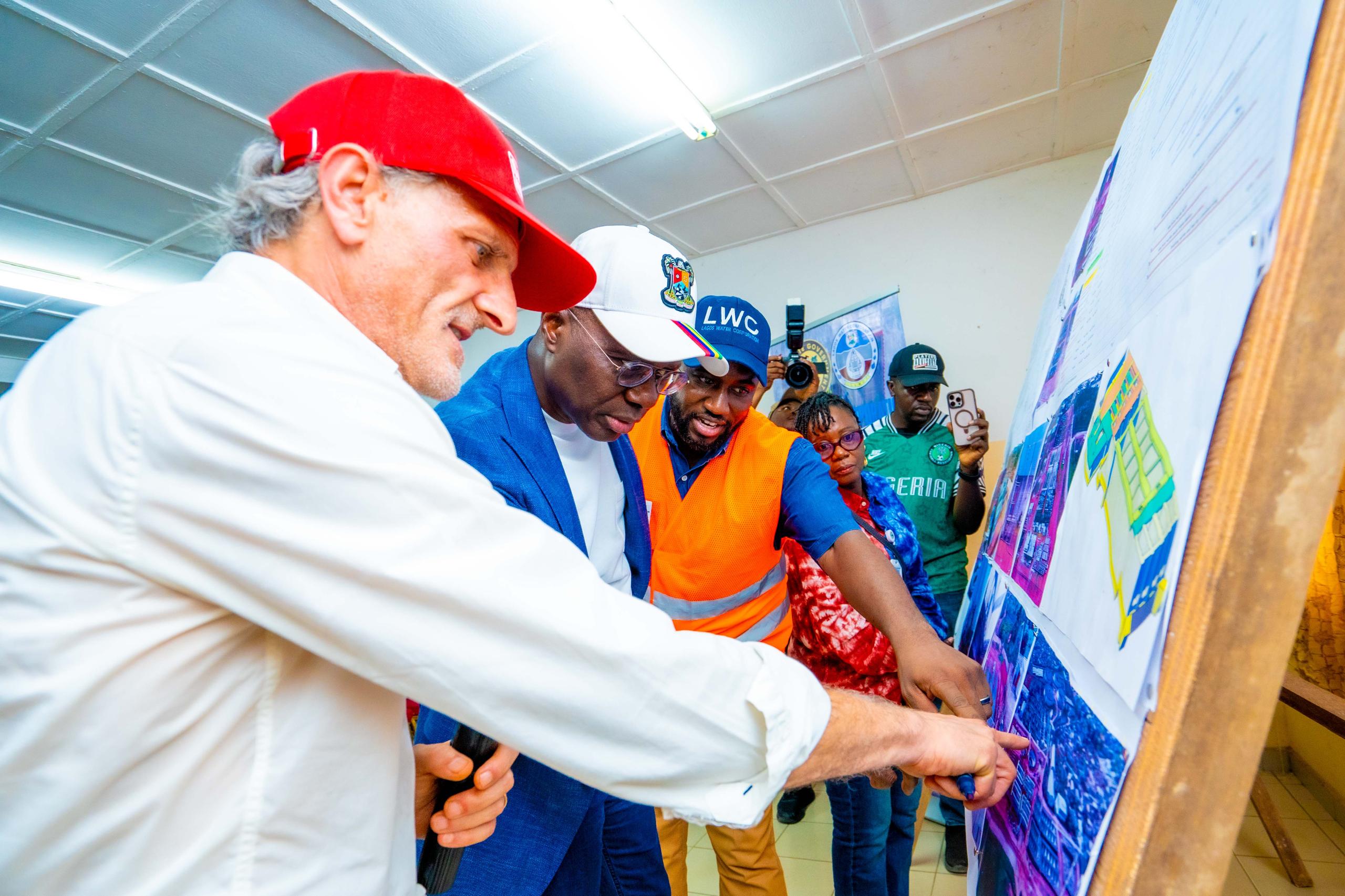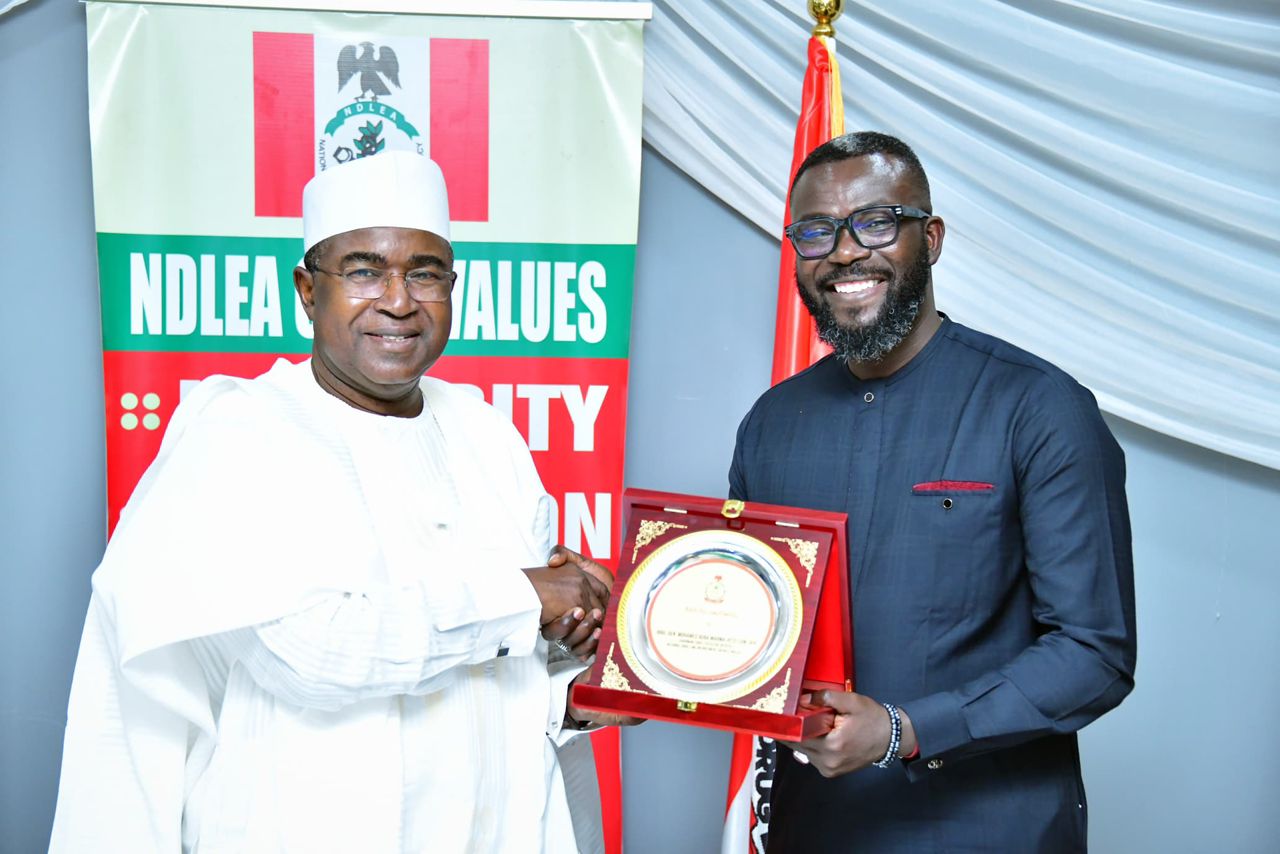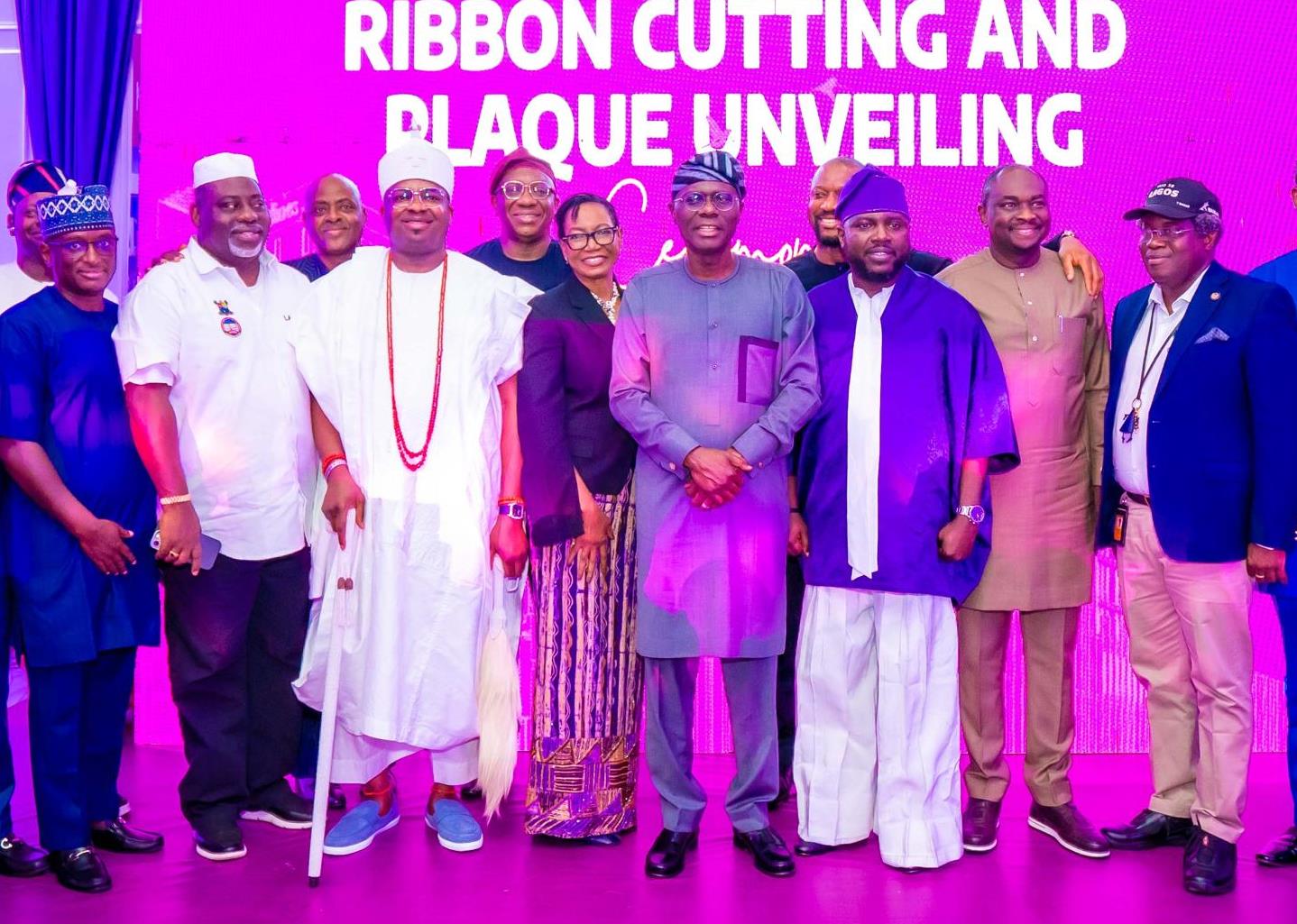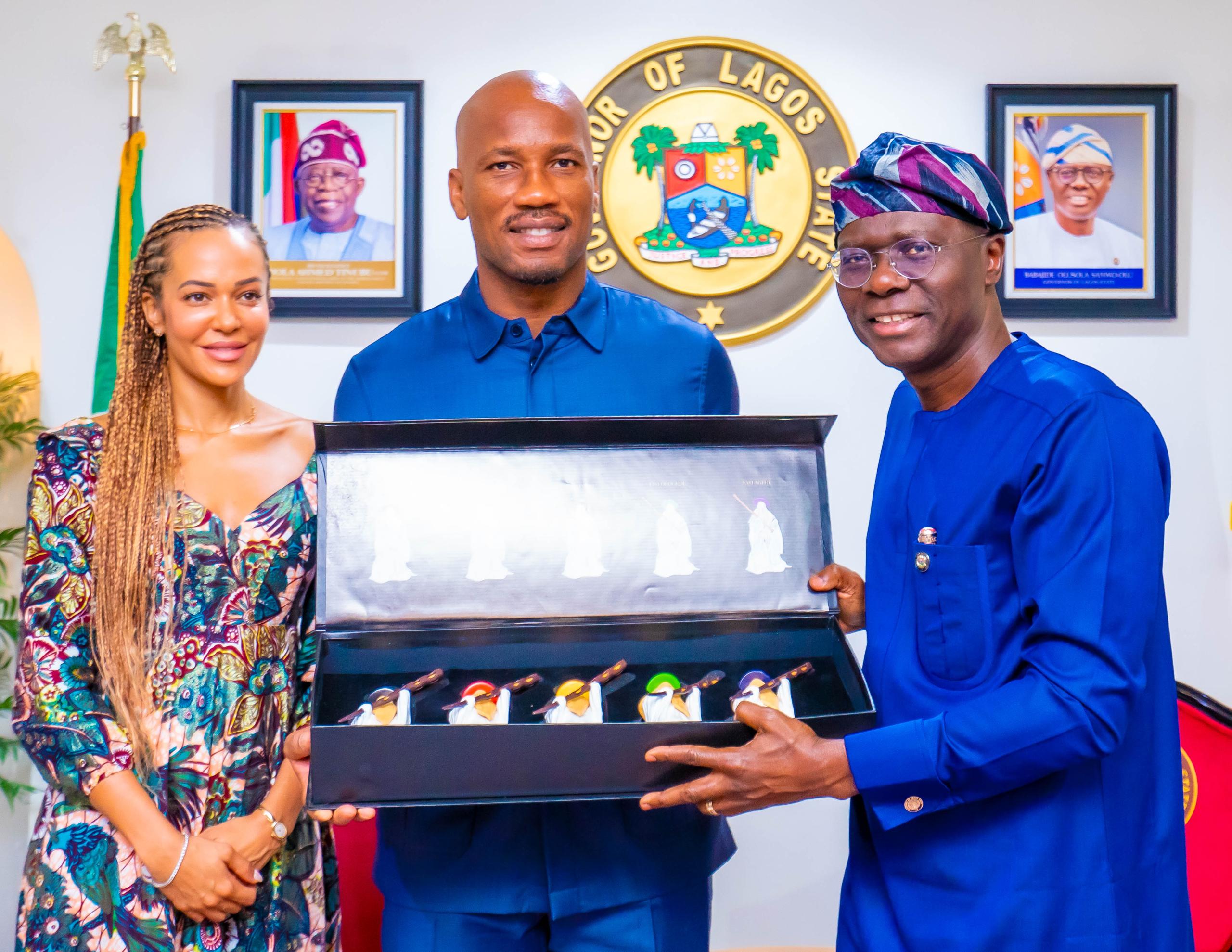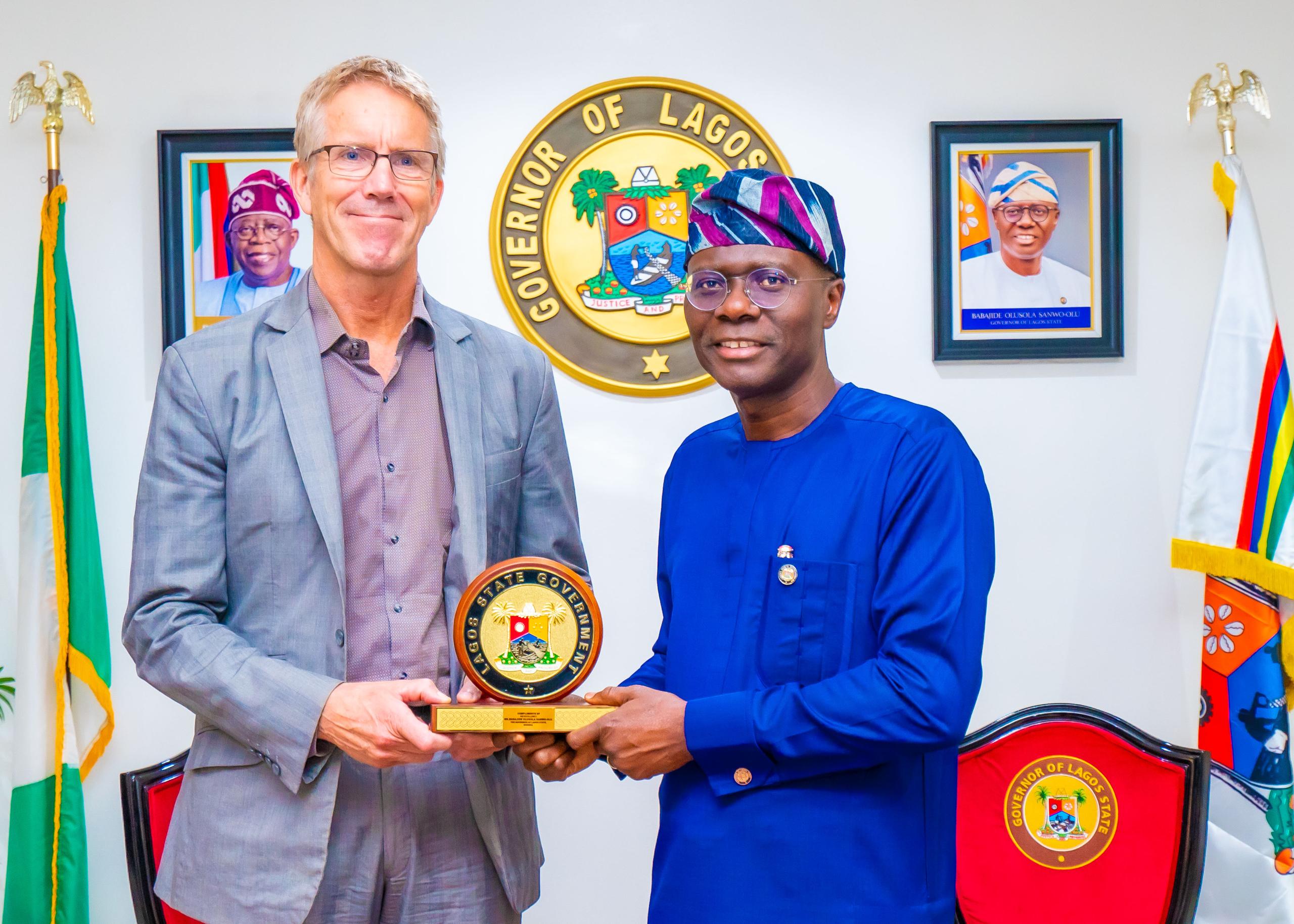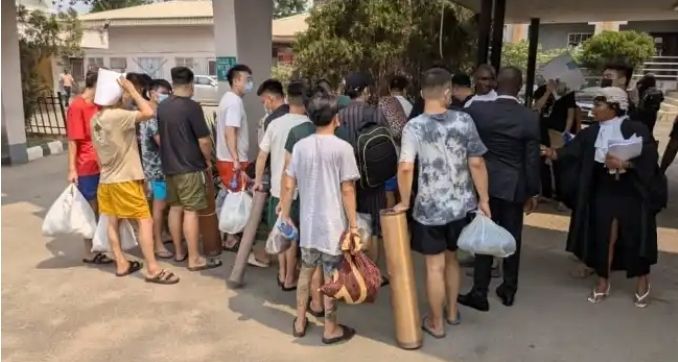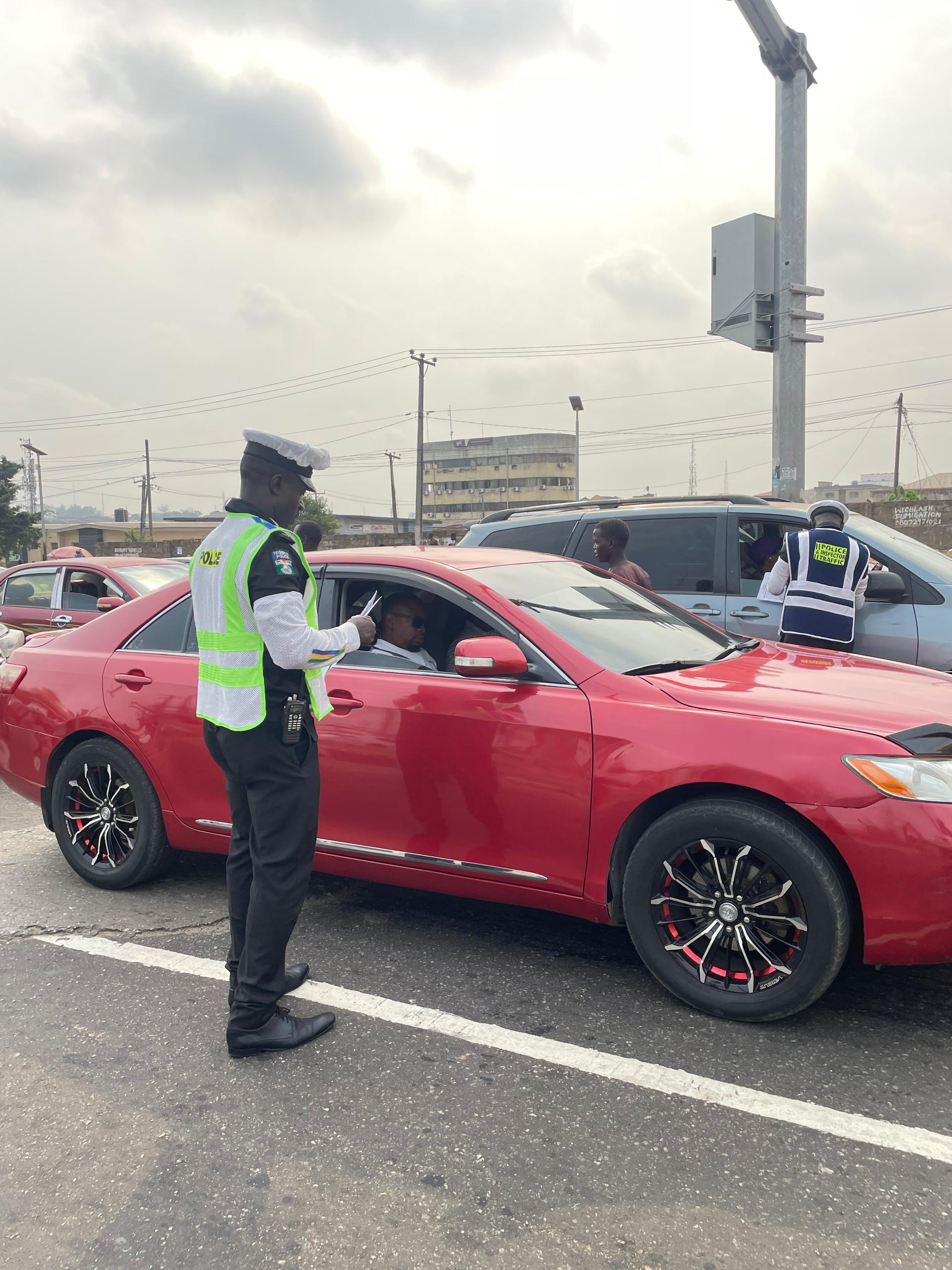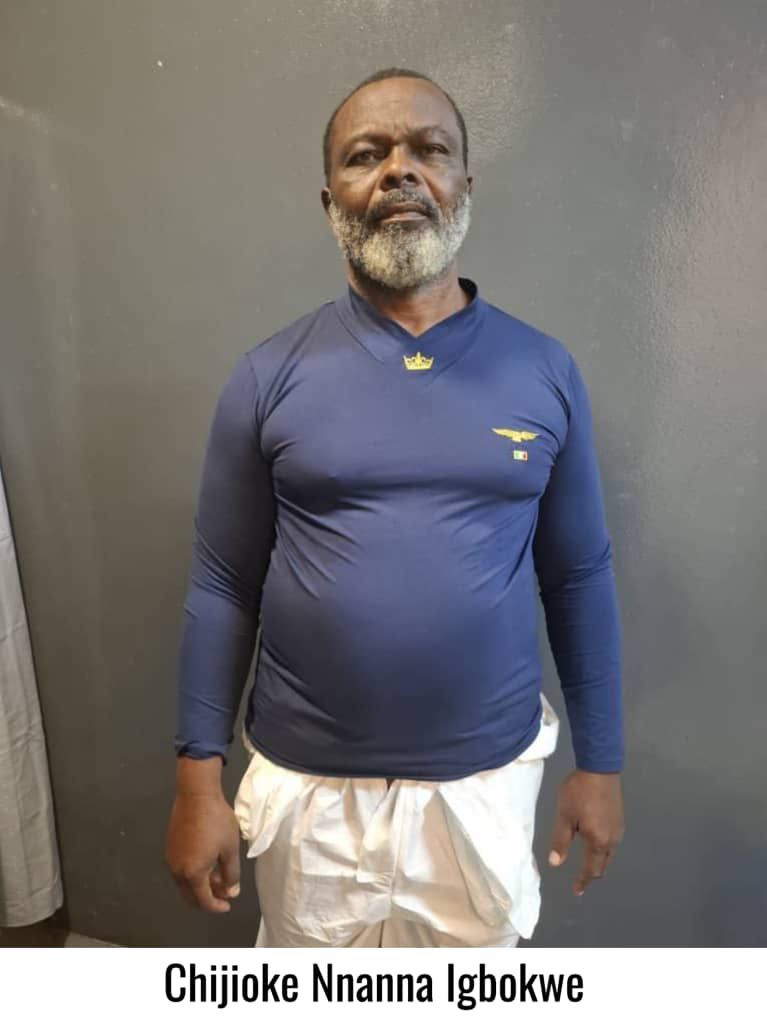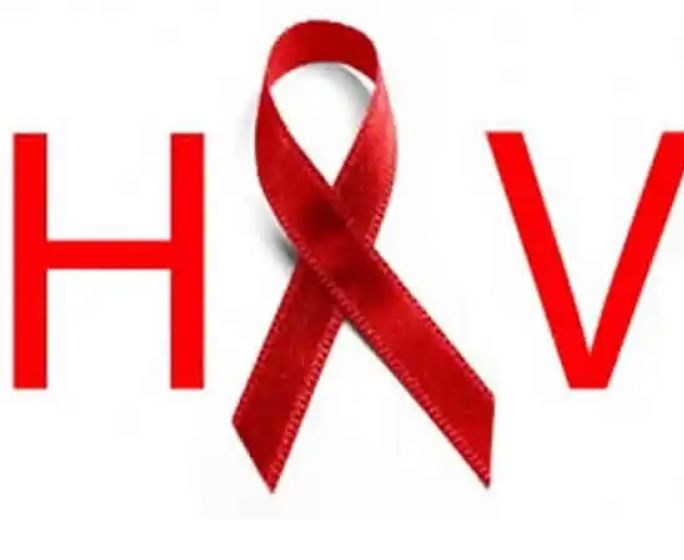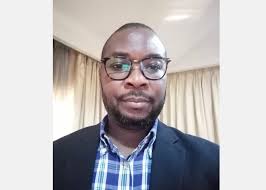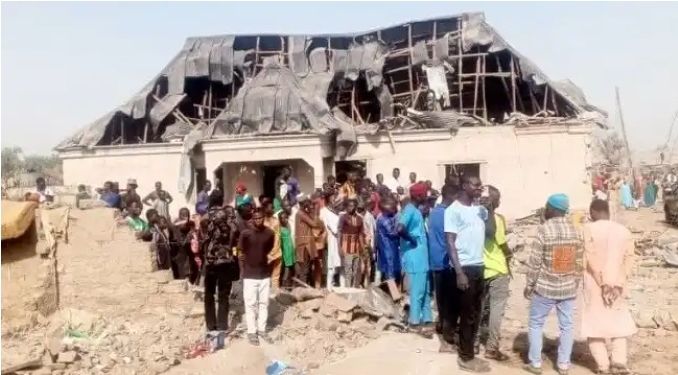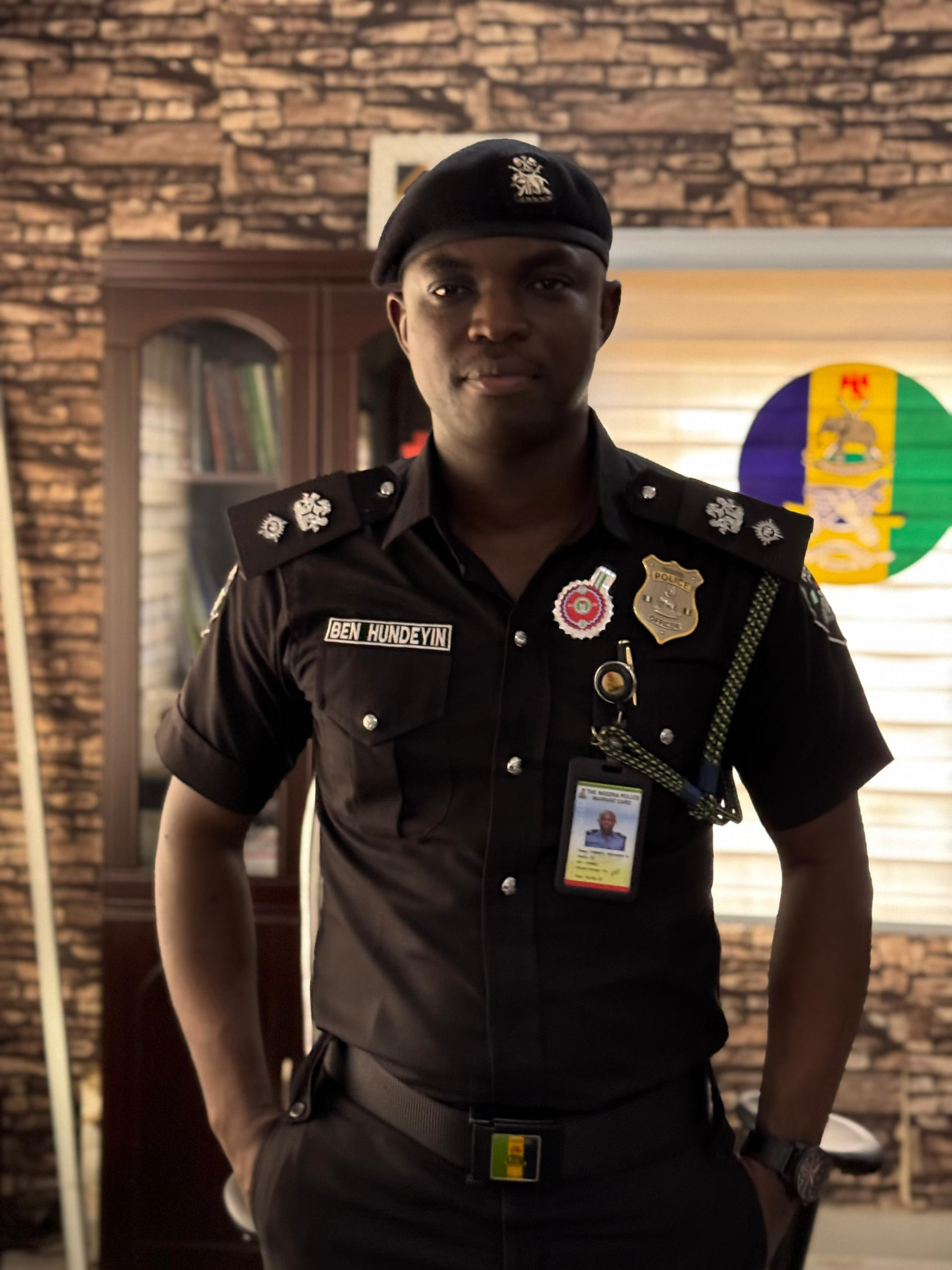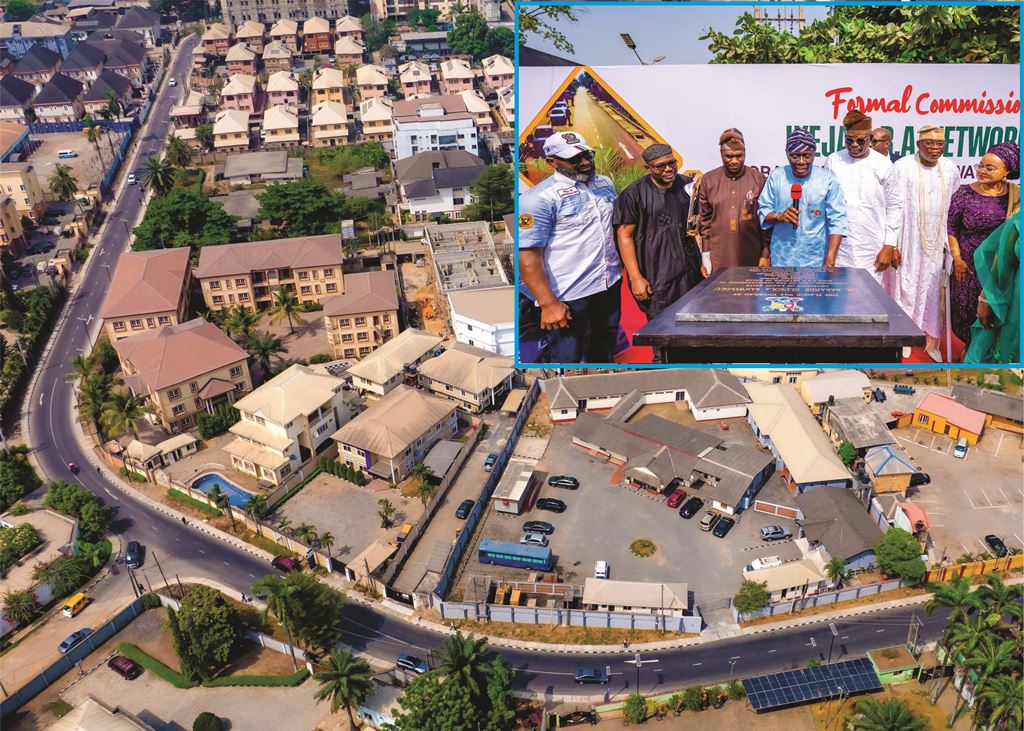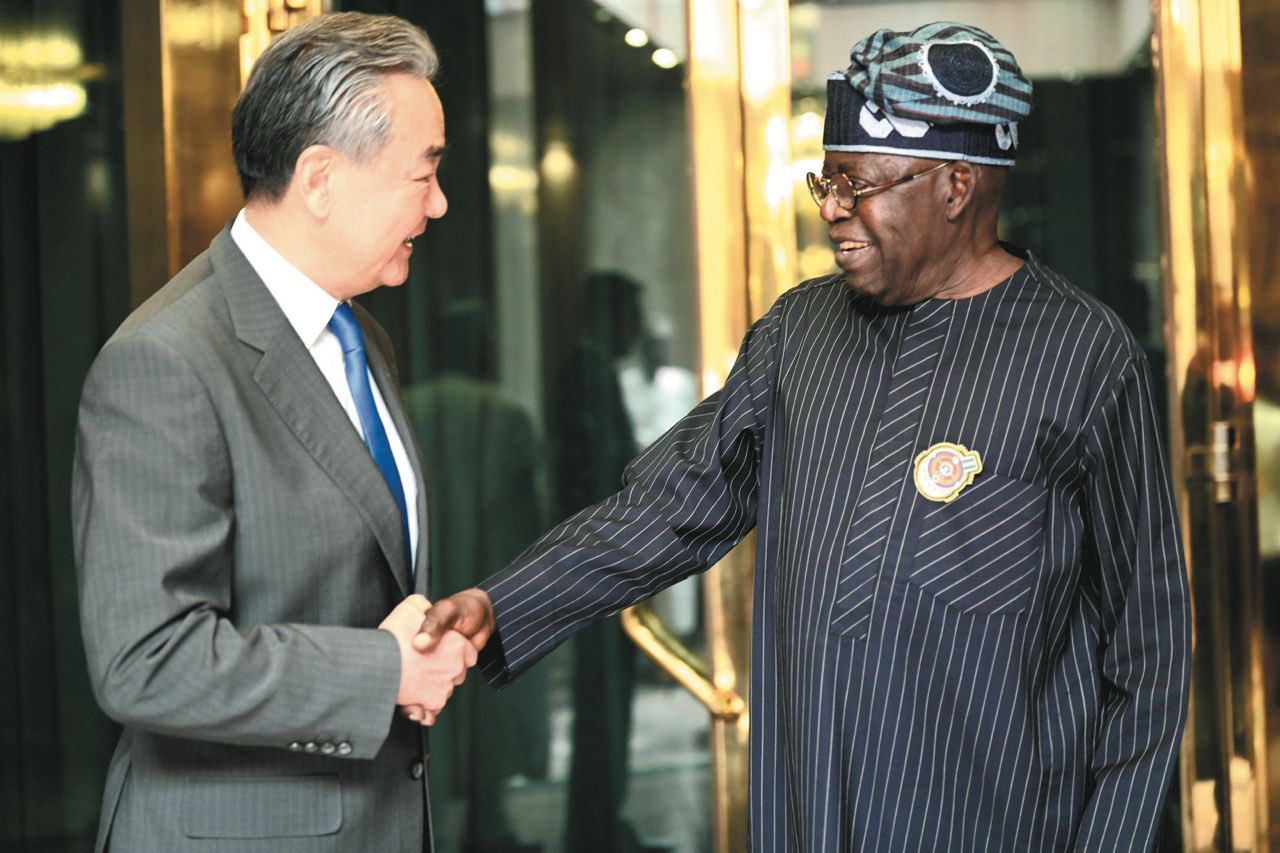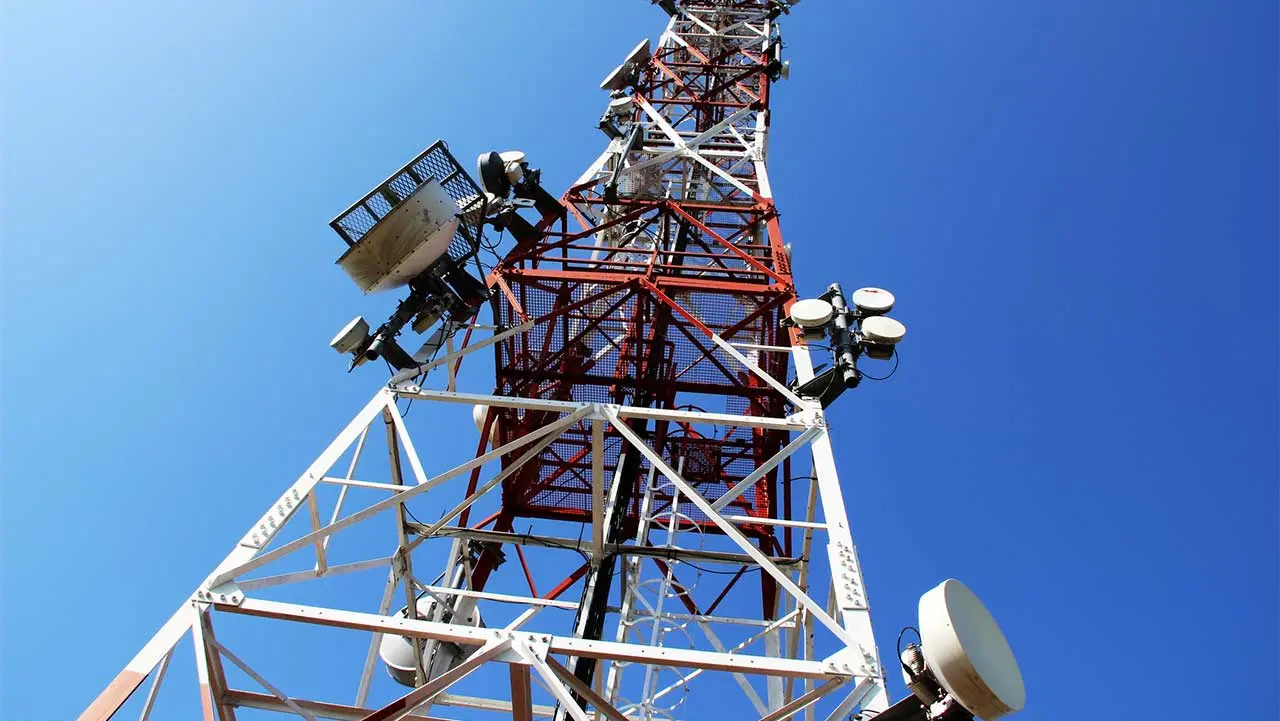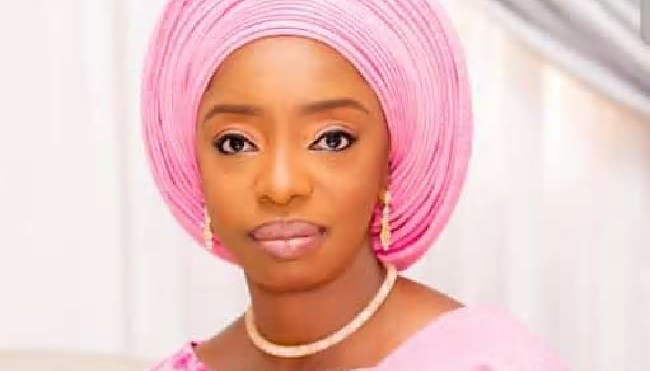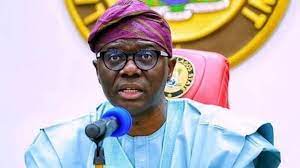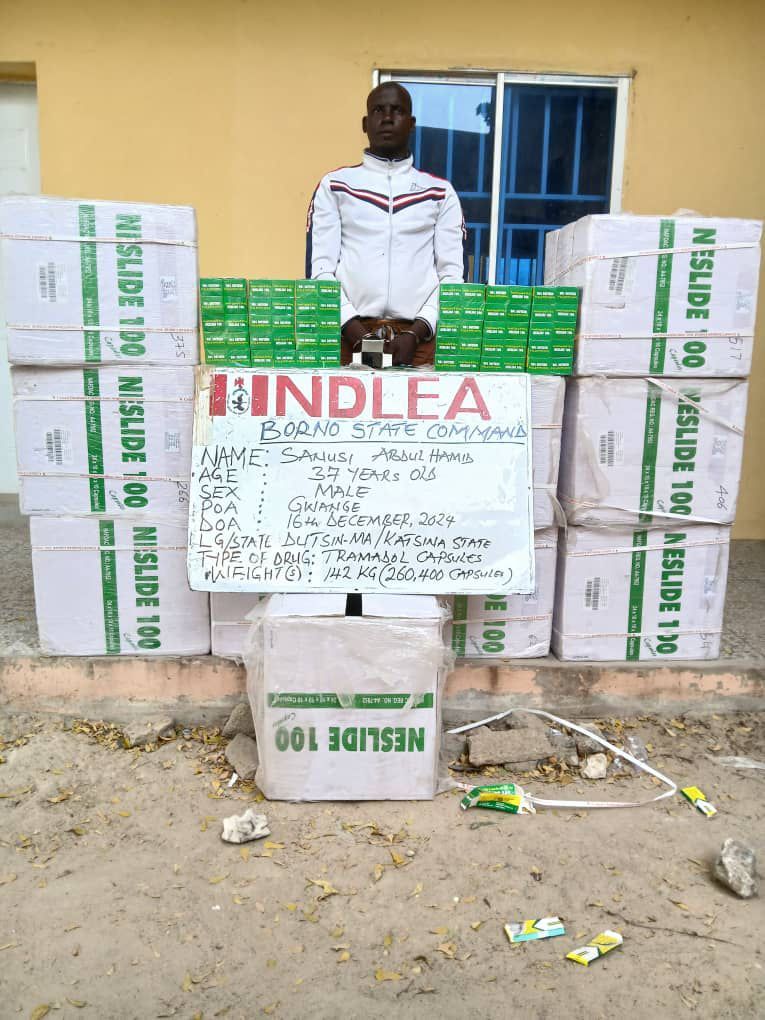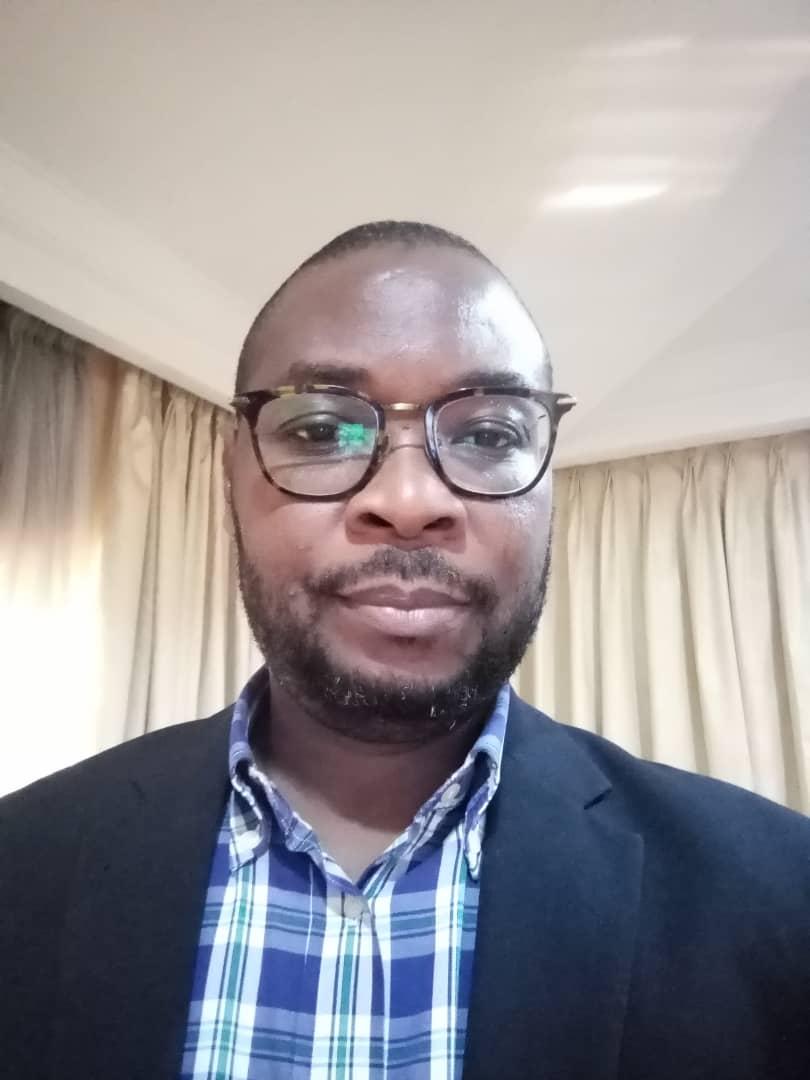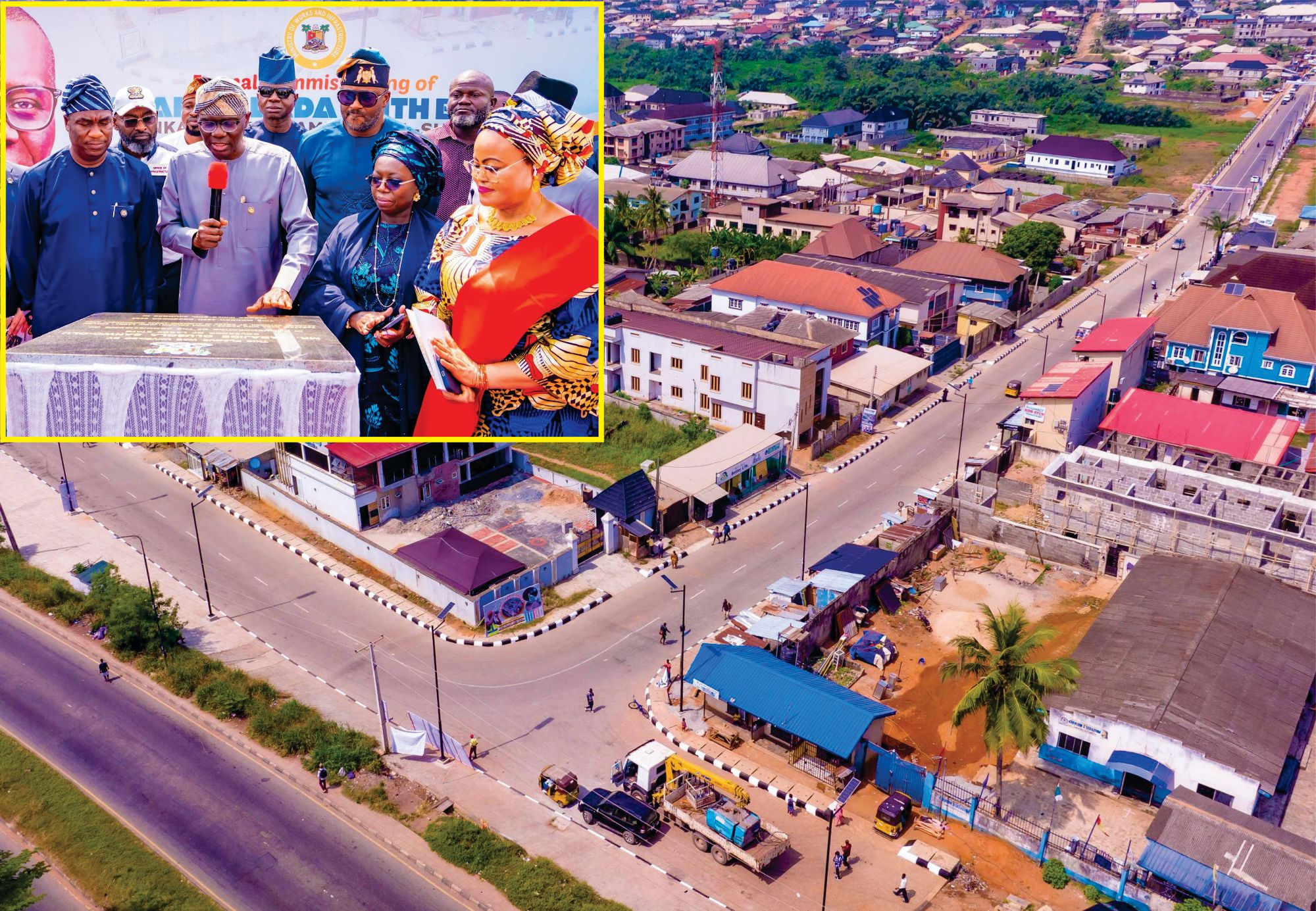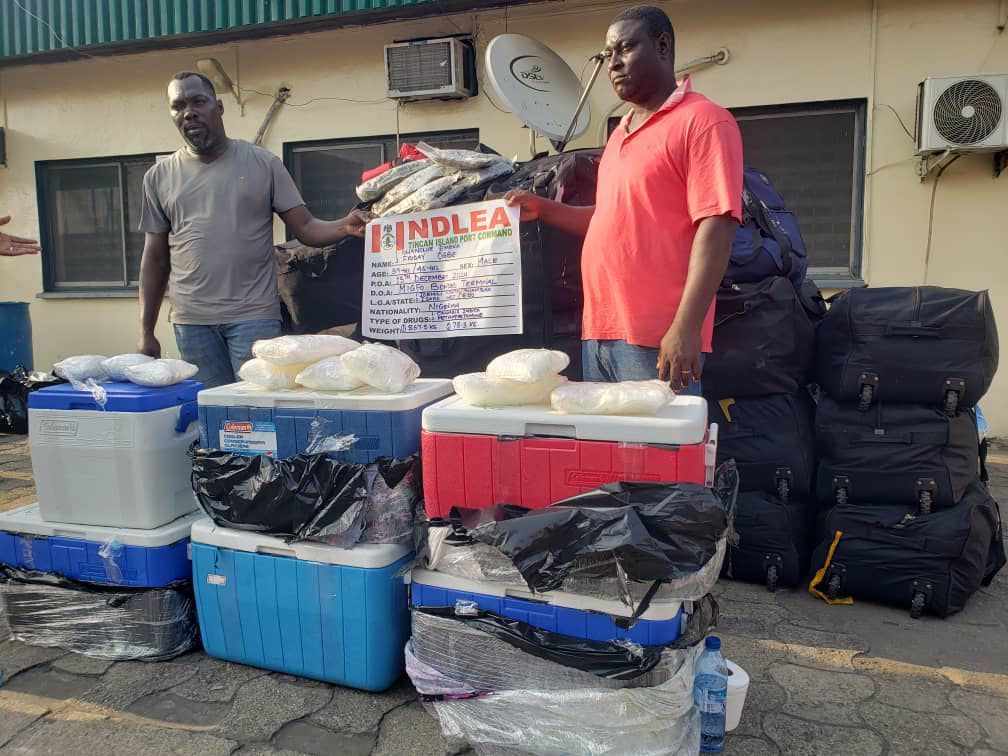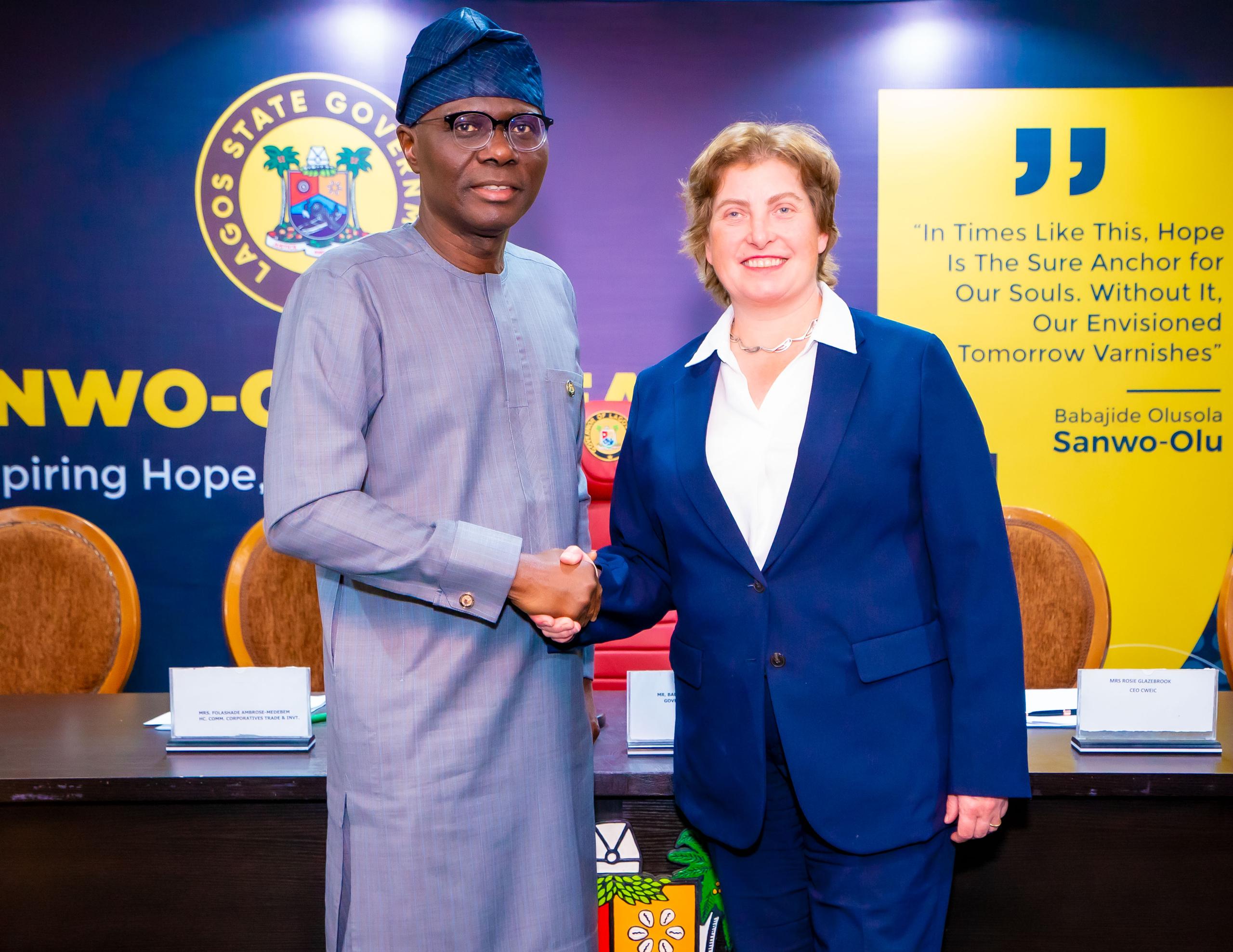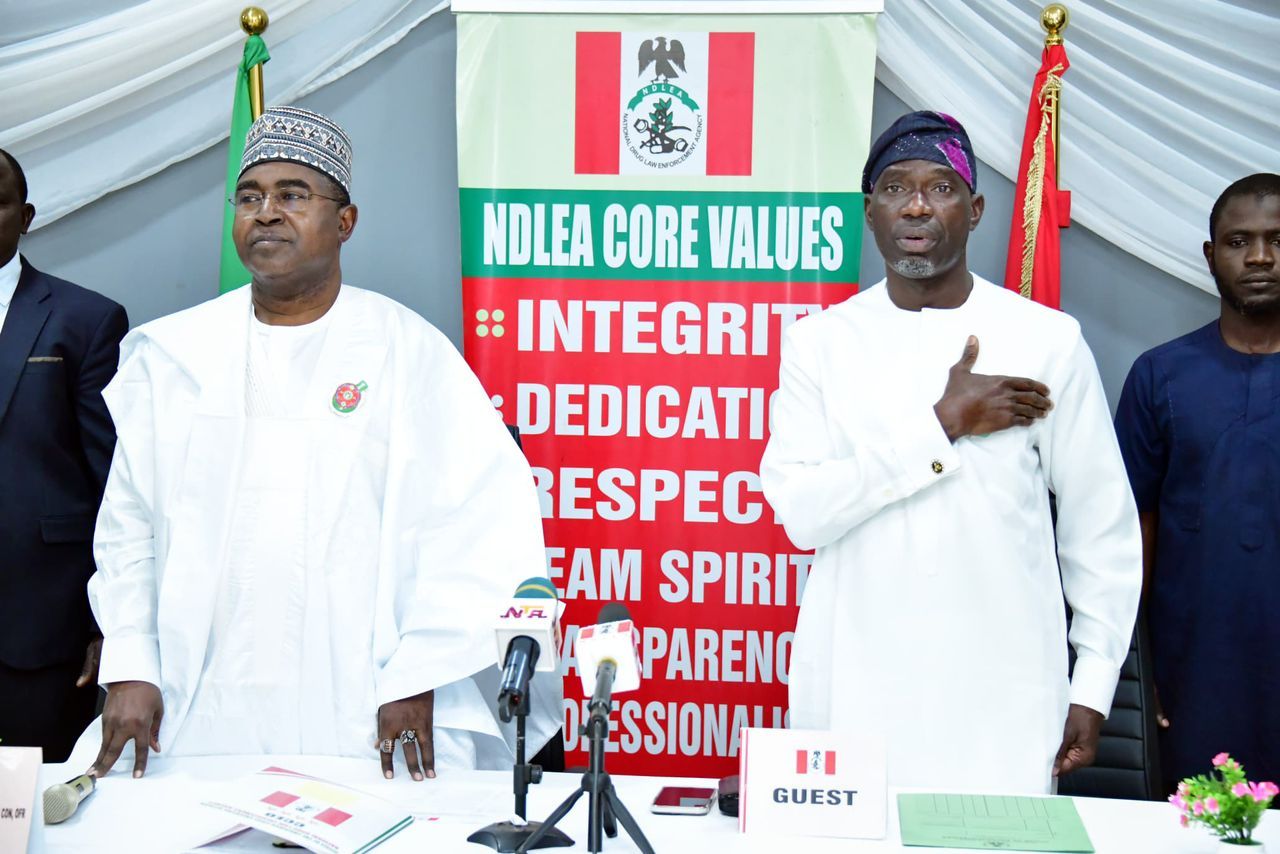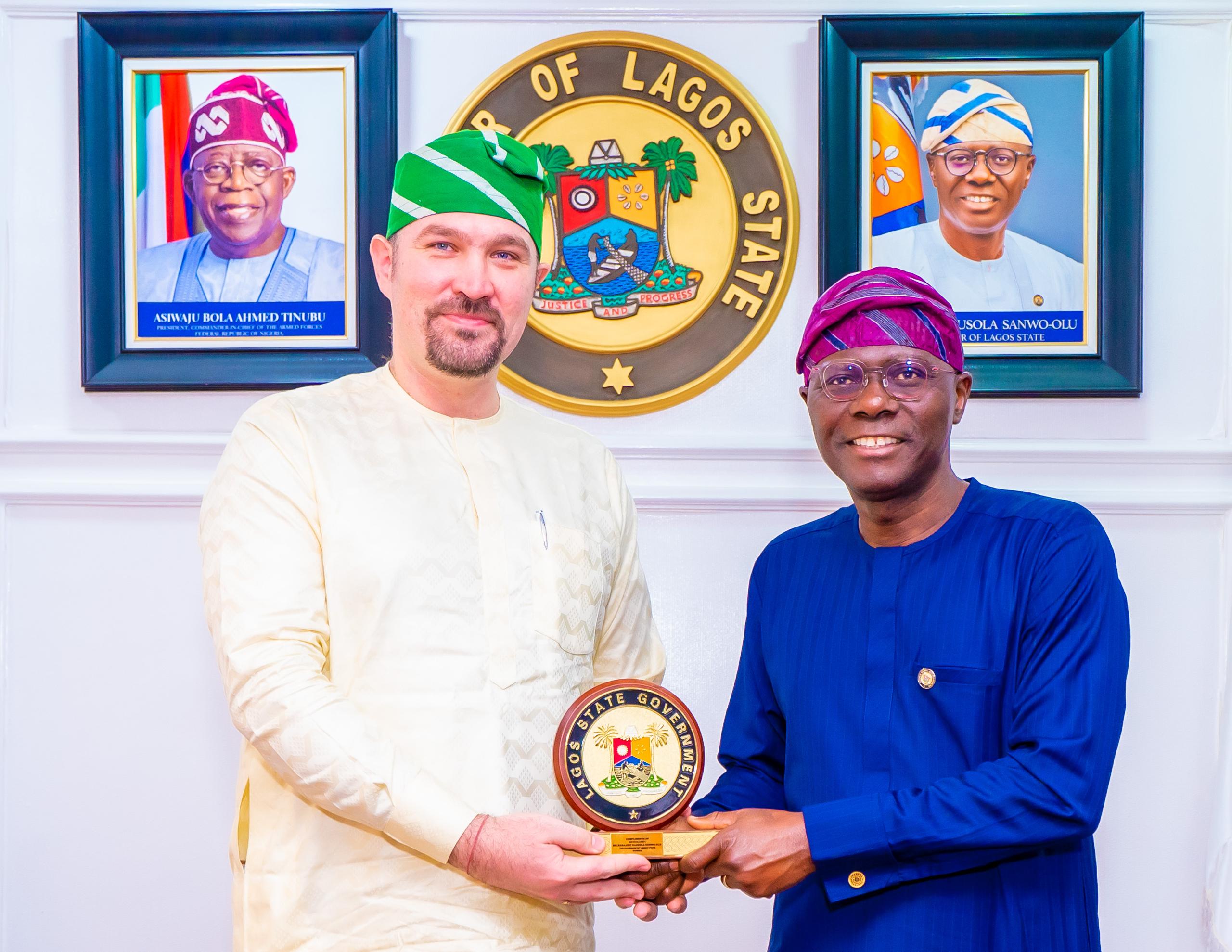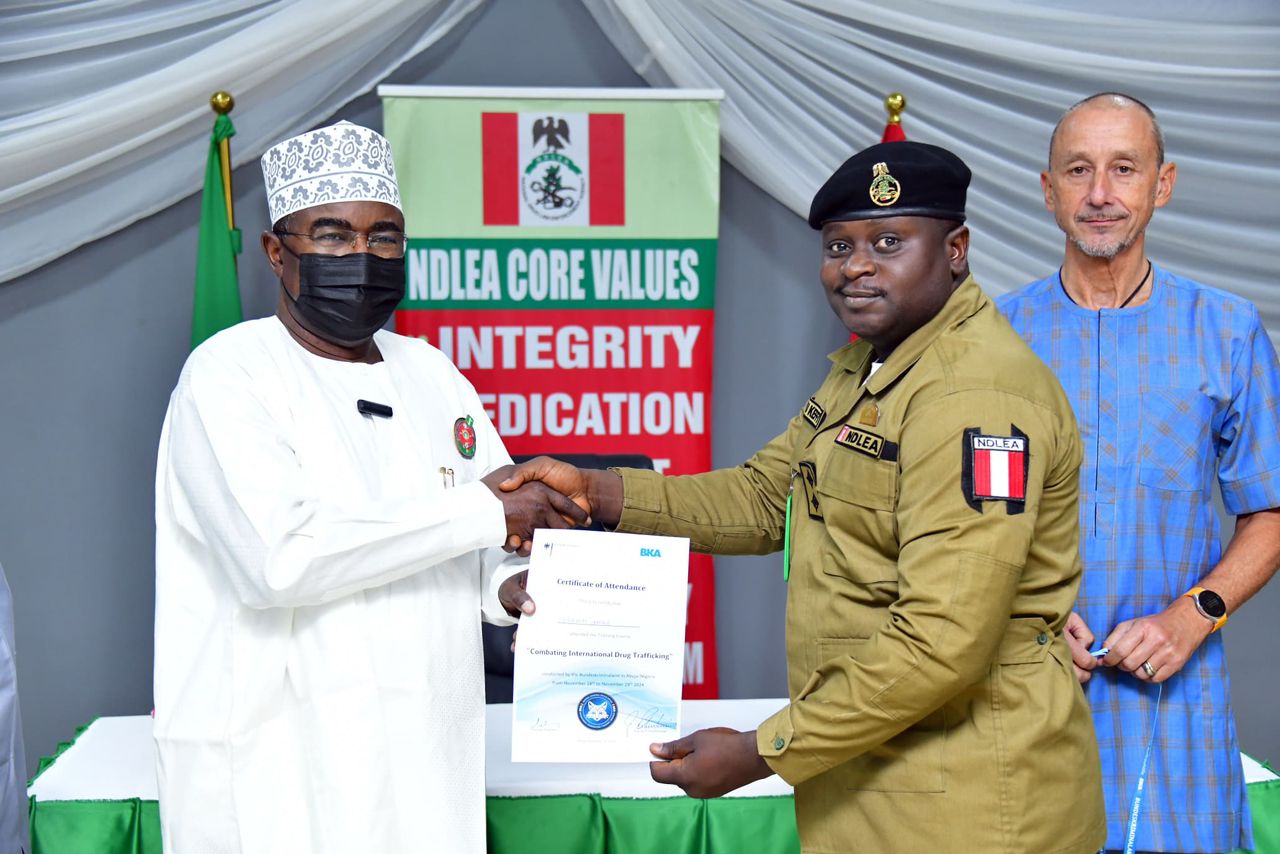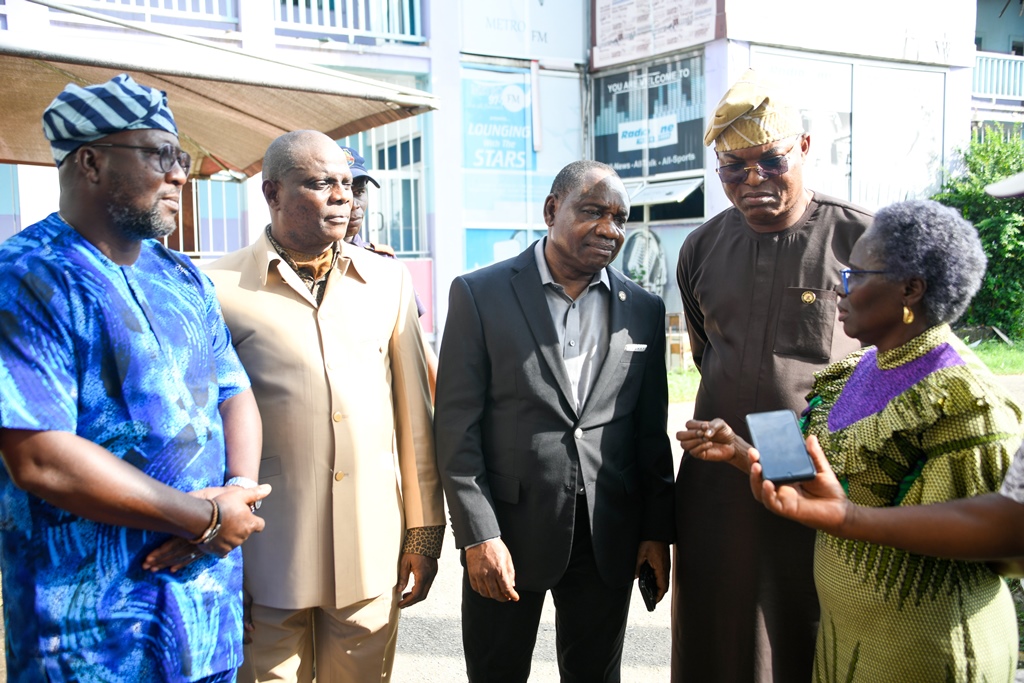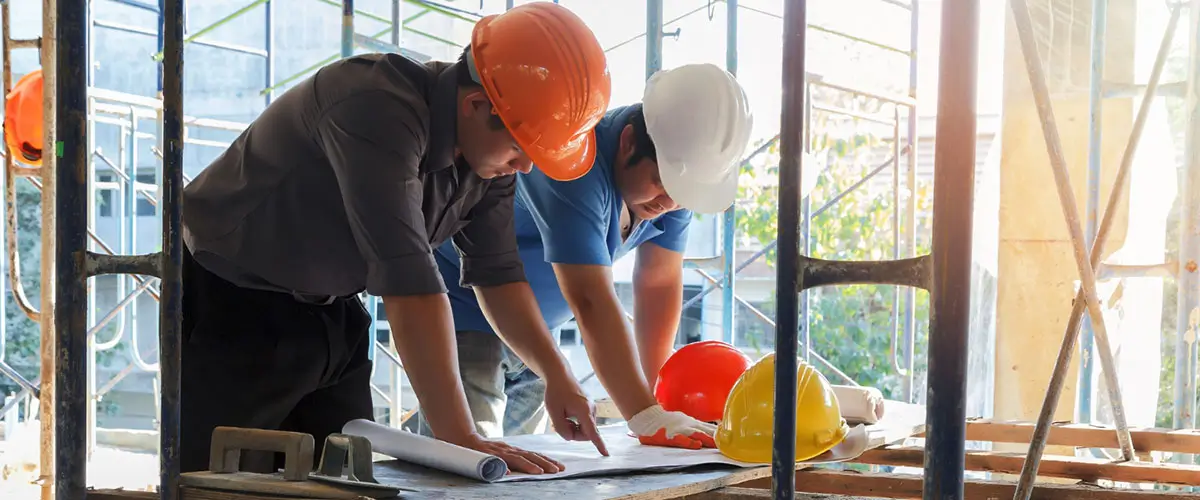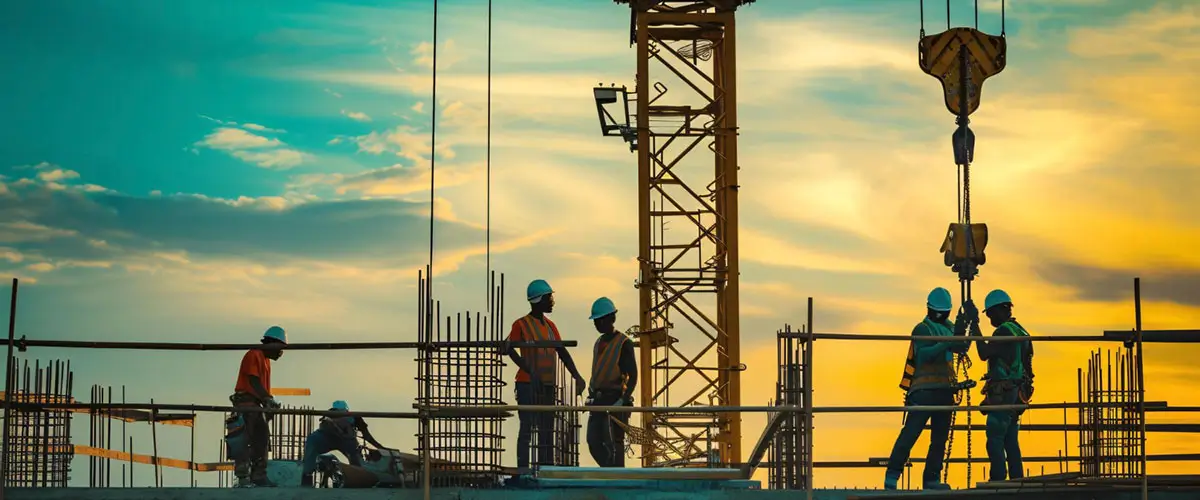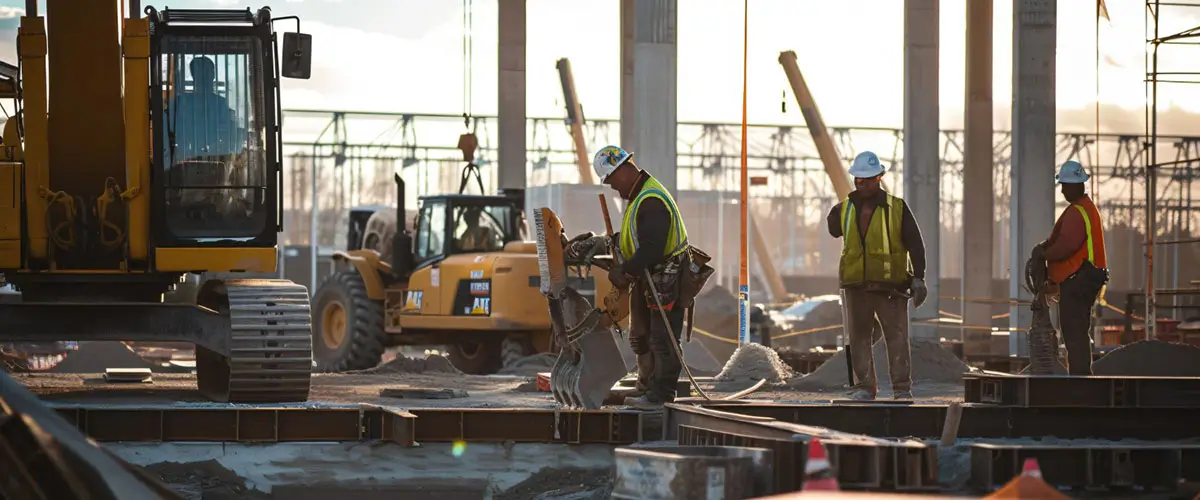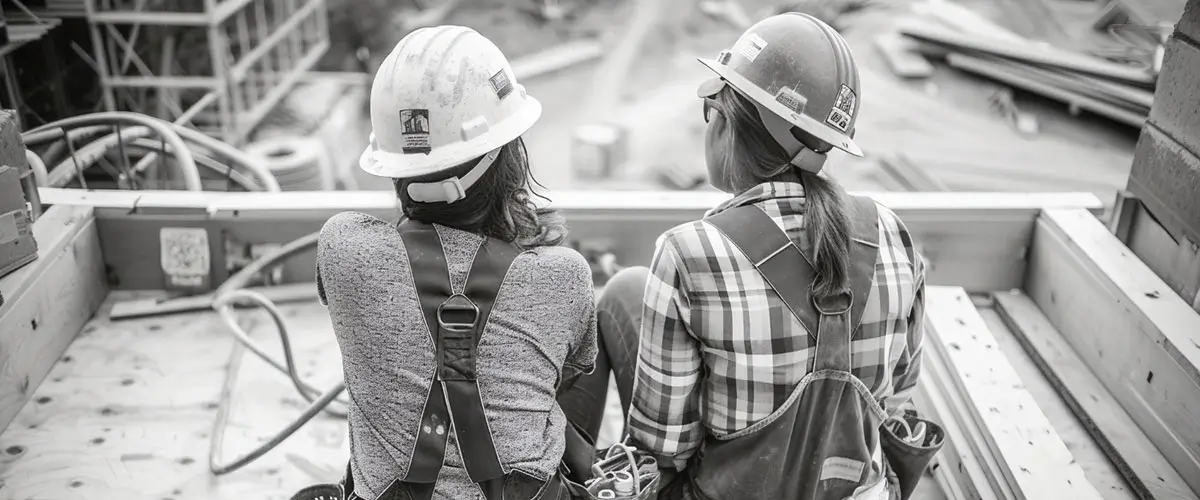· Launch Murad Code for documentation of conflict-related cases across the globe
Six (6) years on from when the UN adopted 19 June as the annual international day for the Elimination of Sexual Violence in Conflict, the UK has restated its commitment to tackle conflict-related sexual violence all over the world. We want to eliminate the culture of impunity around such horrific crimes, strengthen justice for survivors and hold perpetrators to account.
This year the UK is announcing the launch of the Murad Code, a global survivor-centred code of conduct that will prevent the re-traumatisation of survivors of conflict-related sexual violence. Experience has shown that when survivors report the crimes committed against them, they often relive harrowing experiences that can have a damaging impact. The Murad Code sets expected standards of behaviour that government bodies, NGOs and aid workers should follow when gathering evidence from survivors of sexual violence in conflict situations in order to protect their wellbeing.
Named after Yazidi Nobel Peace Laureate Nadia Murad the code will uphold international standards and best practice when documenting conflict-related sexual violence to strengthen investigation into of sexual violence crimes, and support the UK’s efforts to strengthen justice and accountability for all survivors.
The draft Murad Code was developed through an intensive and inspiring process of inter-disciplinary research and in-depth preliminary discussions with more than 160 survivors, national and international documenters, humanitarians, researchers, donors and other experts from across the globe. The product of that process is now launched for broader in-depth global consultations and further development.
In Nigeria, the cases of rape and other forms of sexual violence have continued to rise in conflict areas, as well as across the country in the face of the COVID-19 pandemic and the lockdown measures put in place by the federal government to stem its spread.
The UK is working alongside organisations, civil society actors and individuals in partnership with the Nigeria Federal and State governments, to continue to challenge such harmful sexual crimes perpetuated against victims in conflict, and to support victims and survivors, especially women and girls particularly in the North Eastern part of the country.
The British government invite all those in Nigeria who document, investigate, research or report on such violence, as well as policy-makers, donors and survivors to join the effort to achieve safer and better outcomes for the documentation of conflict-related sexual violence, initially by providing feedback on the draft Murad Code and on questions such as whether the final Code should have some form of implementation-support mechanism. Please visit www.muradcode.com for guidance on how to provide feedback before 1 December 2020.
Speaking at a virtual meeting organised by the British High Commission to chart a way forward with sexual violence activists in Nigeria earlier in the week, the British High Commissioner to Nigeria, Catriona Laing CB said:
“Tackling sexual violence in conflict and non-conflict areas, requires action from a broad coalition, including government, law enforcement, civil society and local communities. Earlier this week I spoke to three inspirational women, who are taking forward incredible work in their communities to bring these actors together and tackle this evil crime. The international day for the elimination of sexual violence in conflict presents an opportunity to highlight their work and reinforce international and national coordination to end gender based violence.
As an old and close friend of Nigeria, the UK remains active in supporting ongoing efforts to reduce sexual violence in conflict in this country. Nigeria’s inclusion as a focus country in the UK’s current National Action Plan on Women Peace and Security is testament to both how important and how determined we are to support Nigeria.
The UK is committed to strengthening justice for all survivors of conflict-related sexual violence (CRSV), and holding perpetrators of these horrific crimes to account in Nigeria and around the world.”
The High Commissioner hosted the virtual meeting with the Founder, Women at Risk International Foundation (WARIF), Dr. Kemi DaSilva, a strong advocate of gender equality in Nigeria; Managing Partner, Founder, Mirabel Centre, Itoro Eze-Anaba; and Executive Director, Stand to End Rape (STER), Oluwaseun Ayodeji Osowobi.




